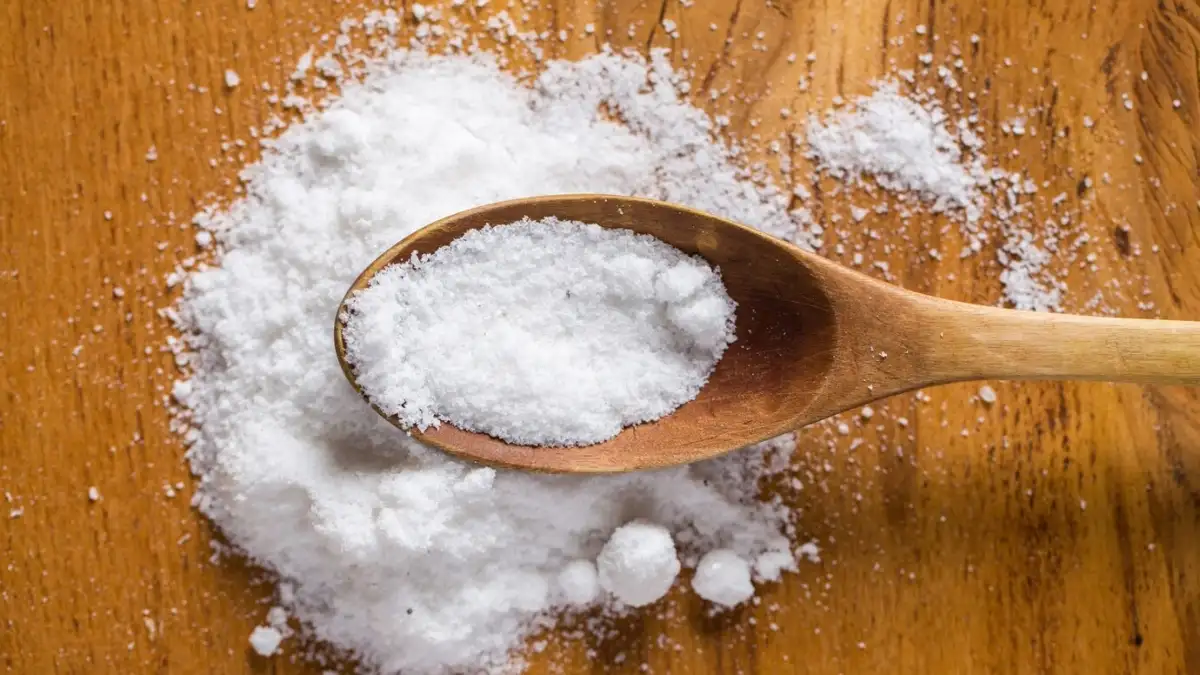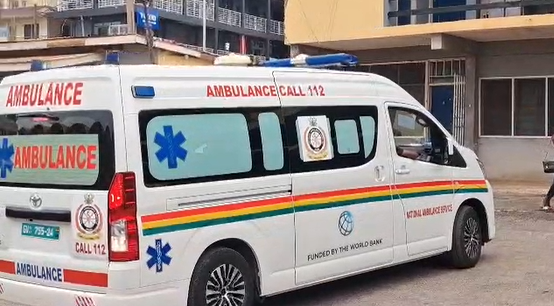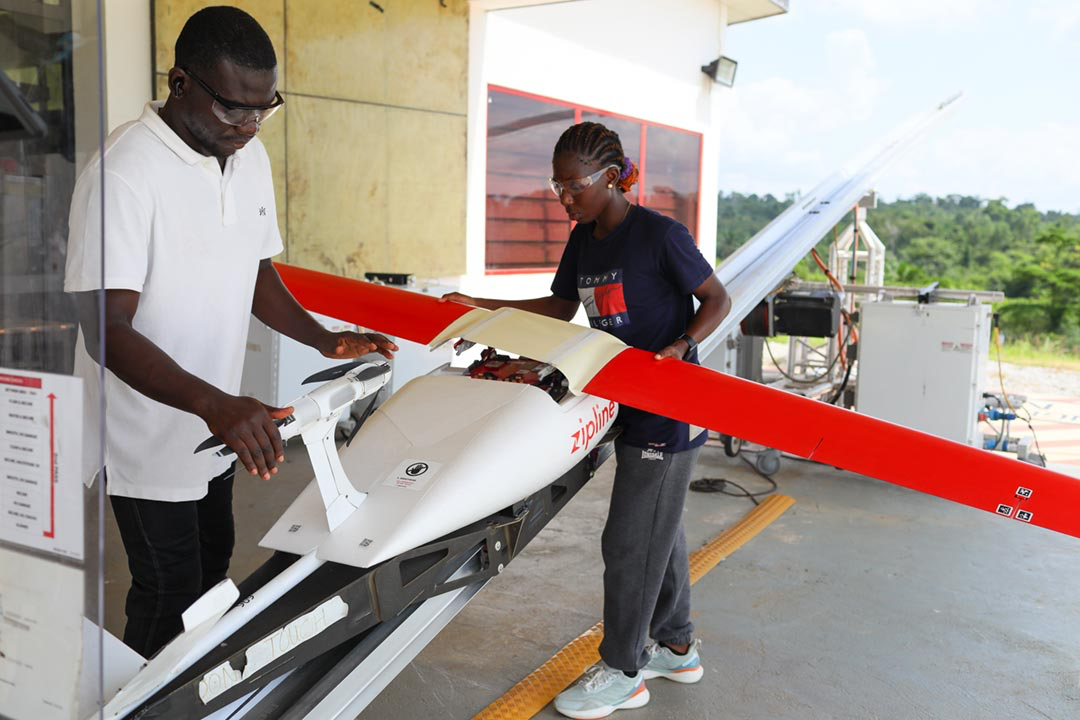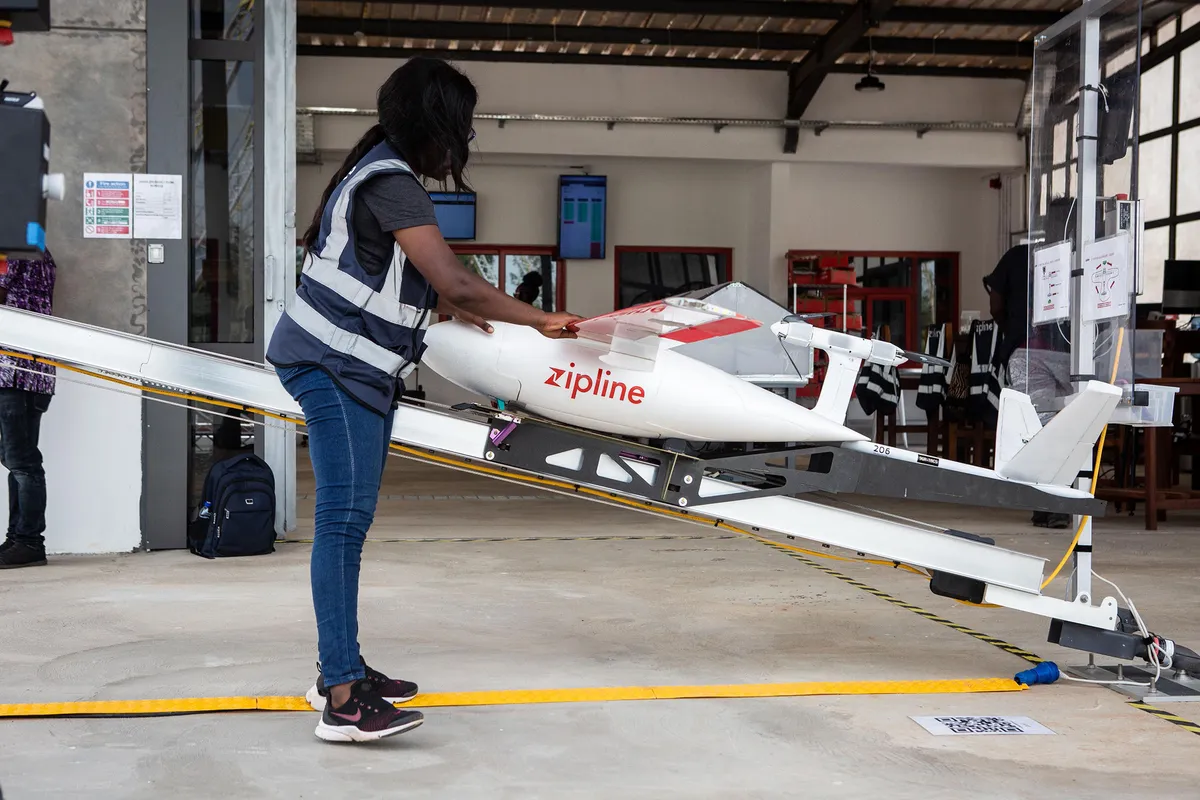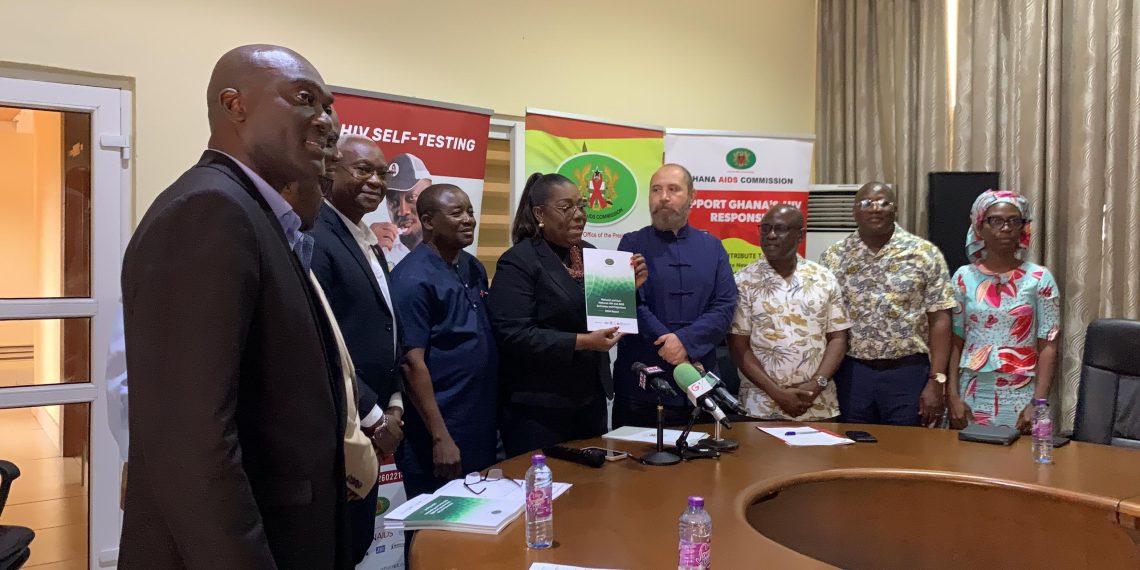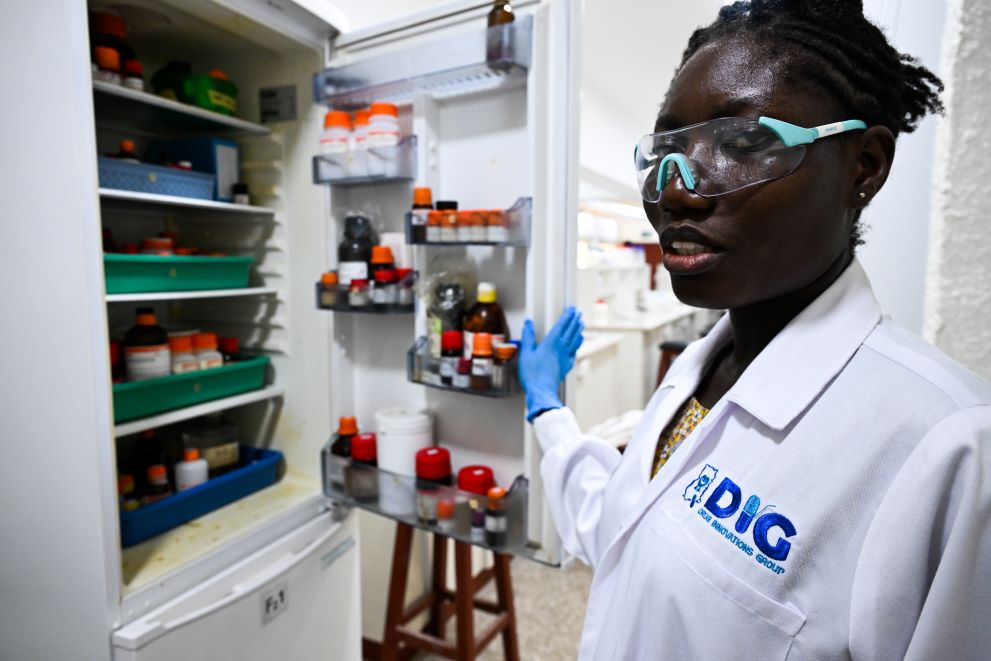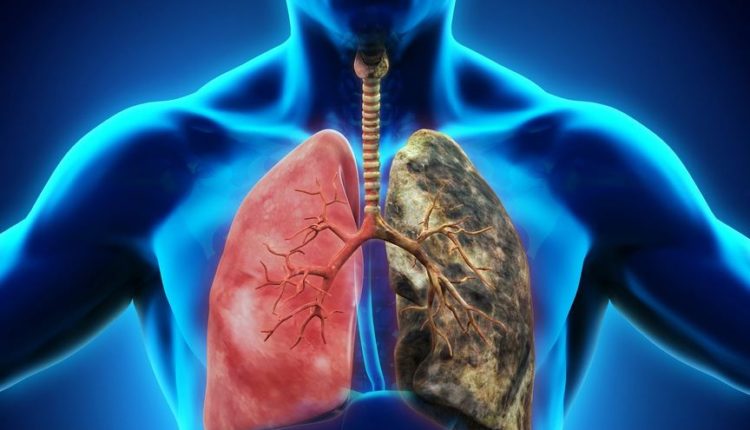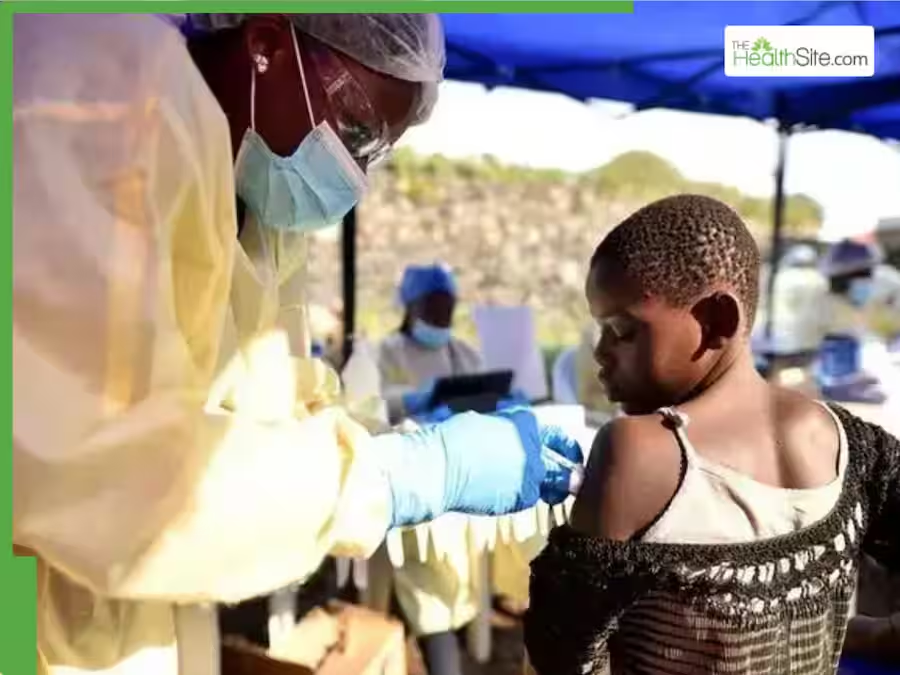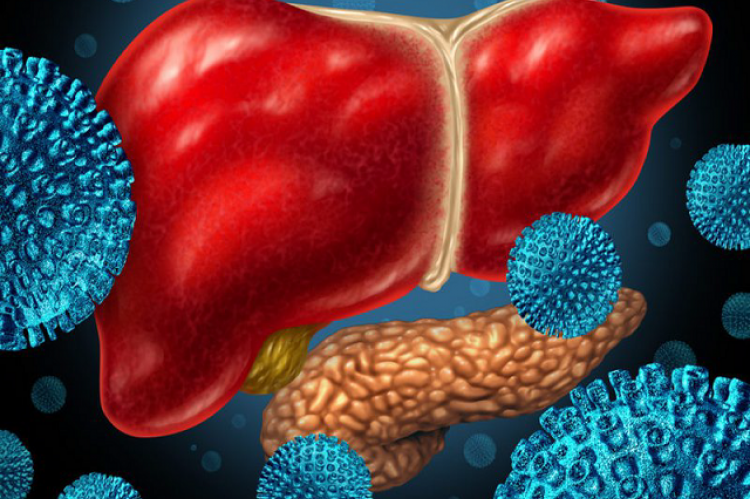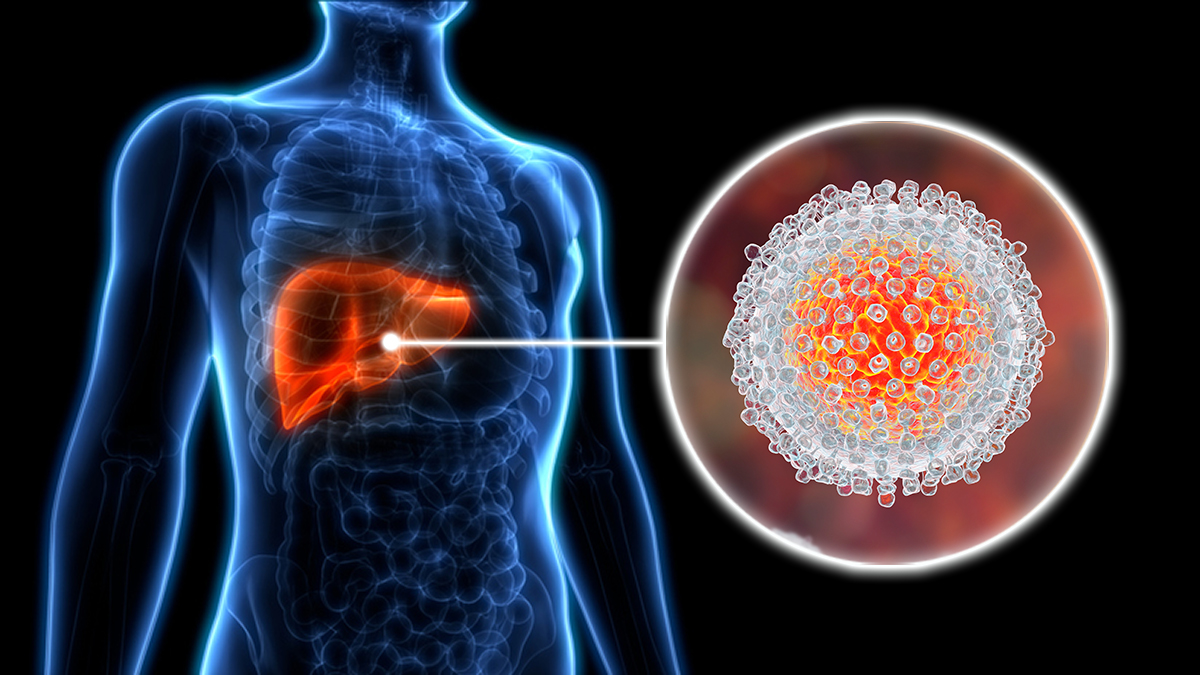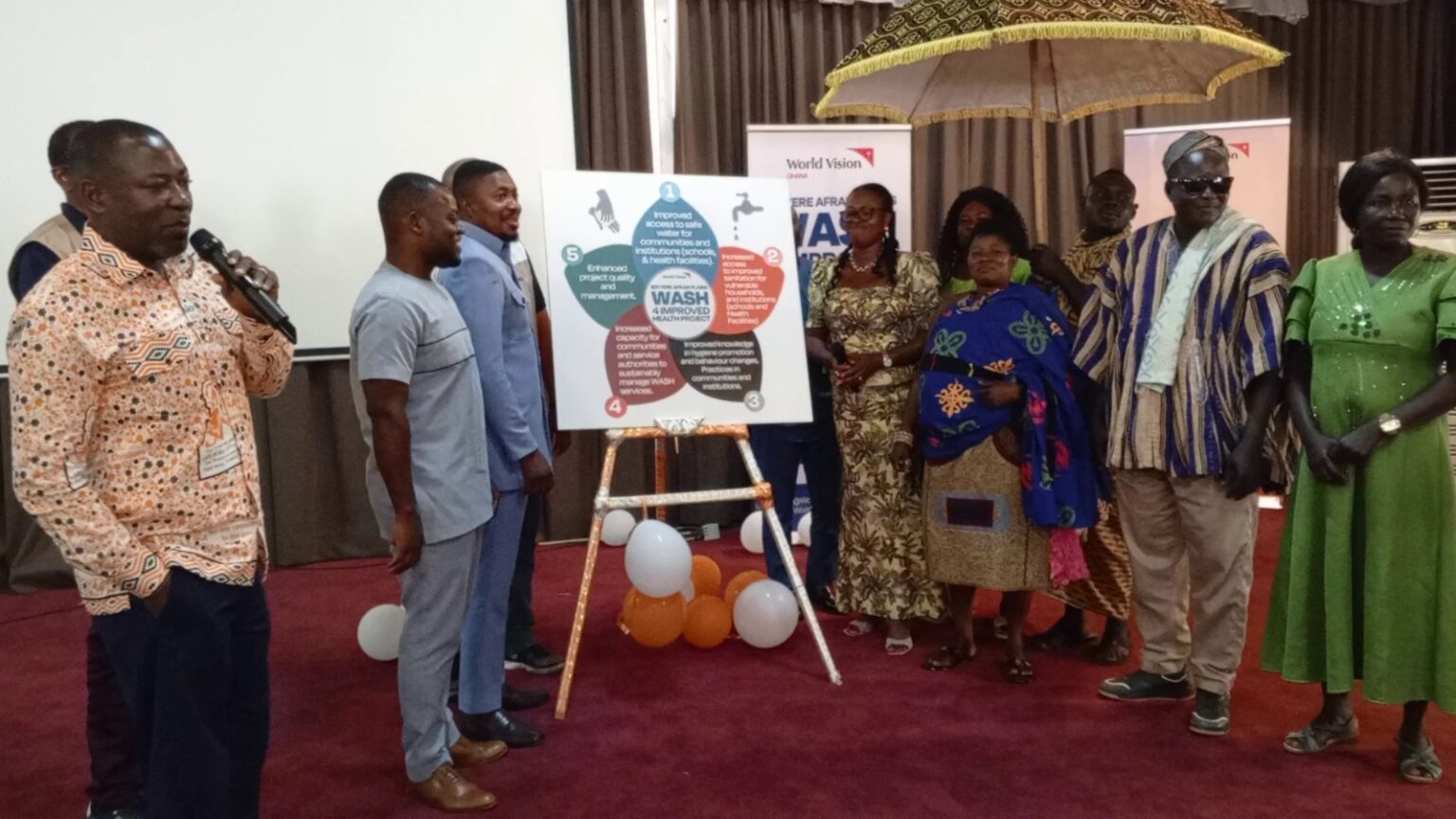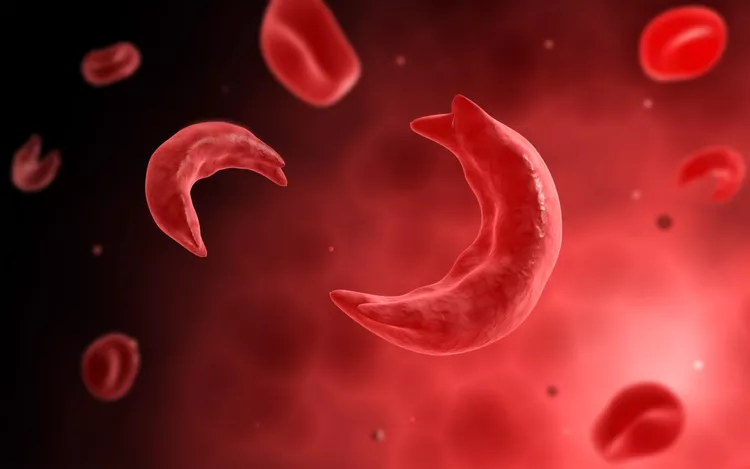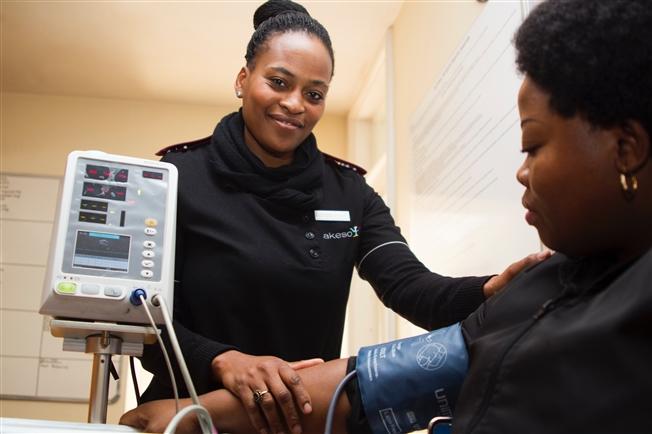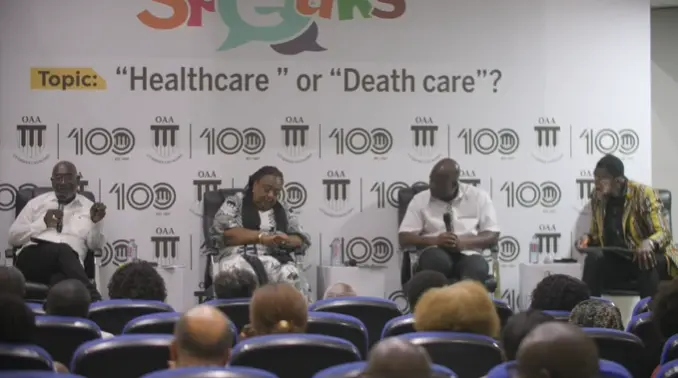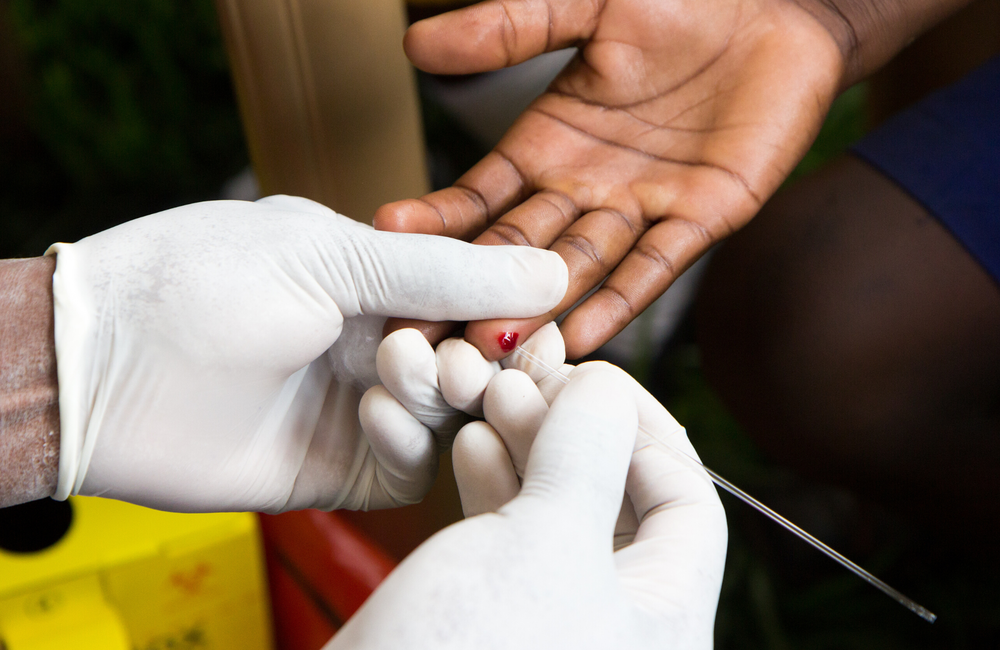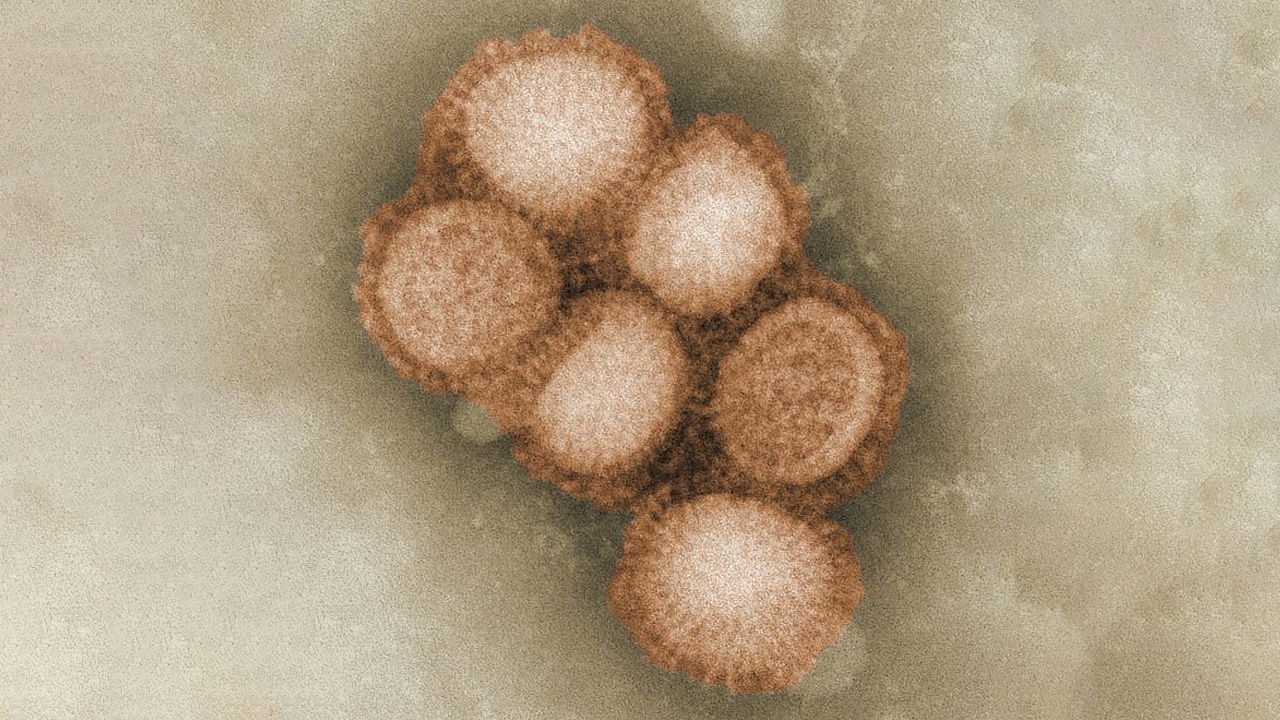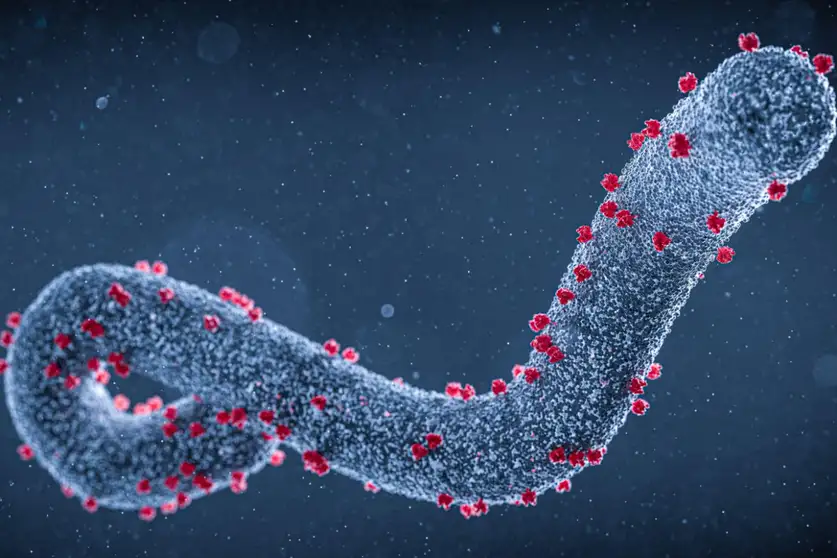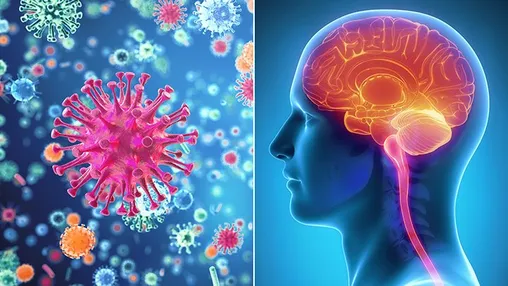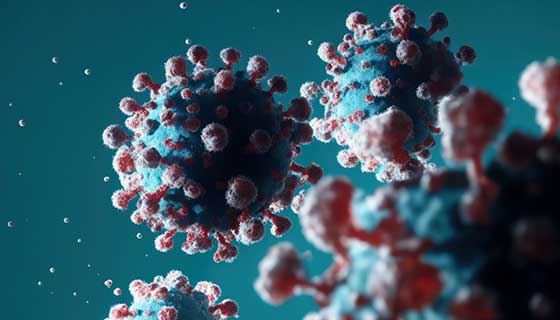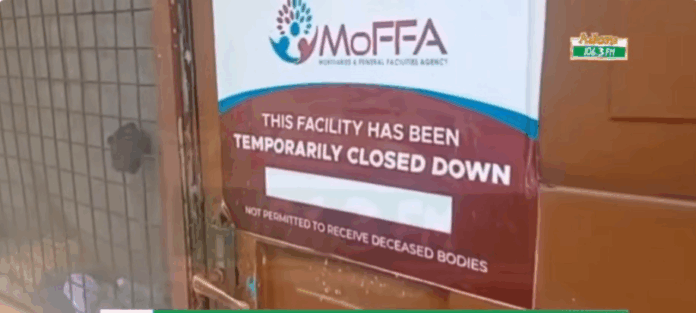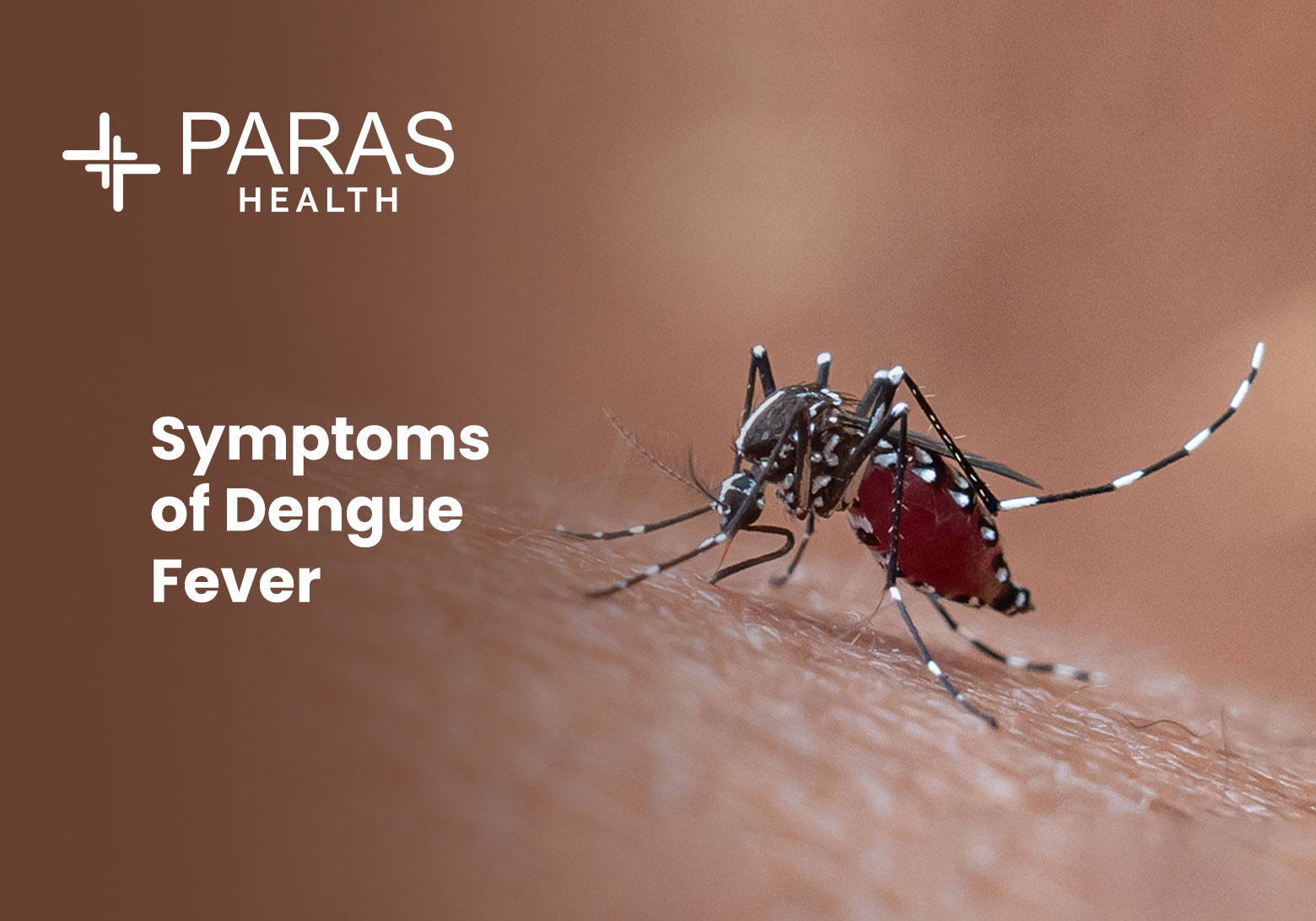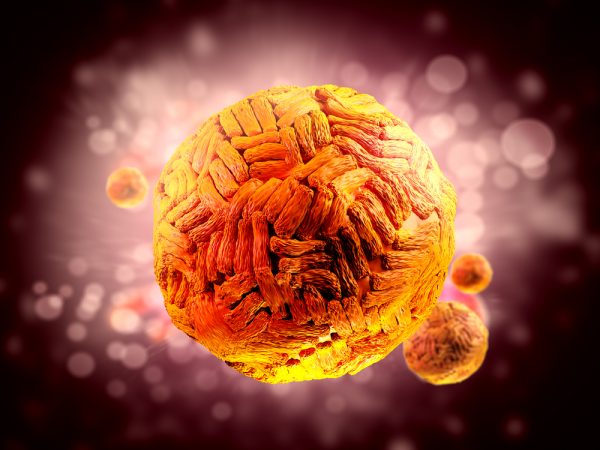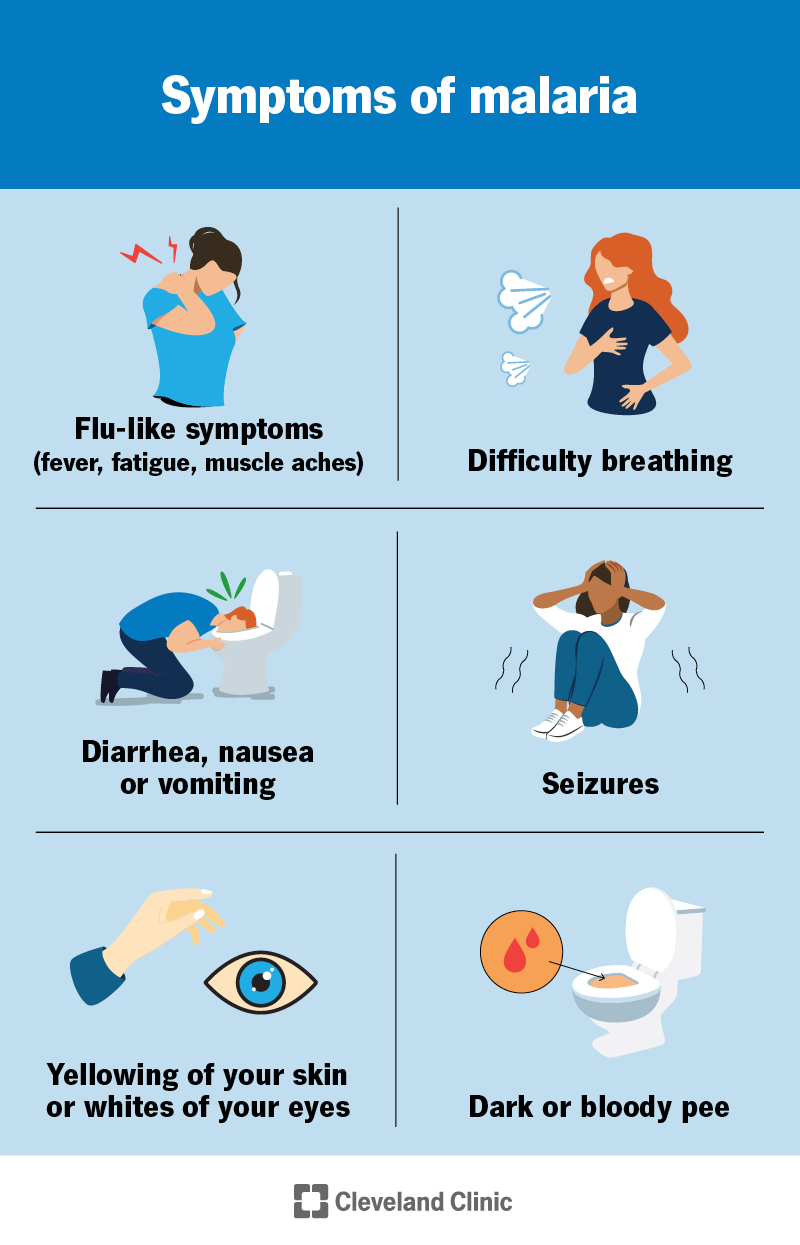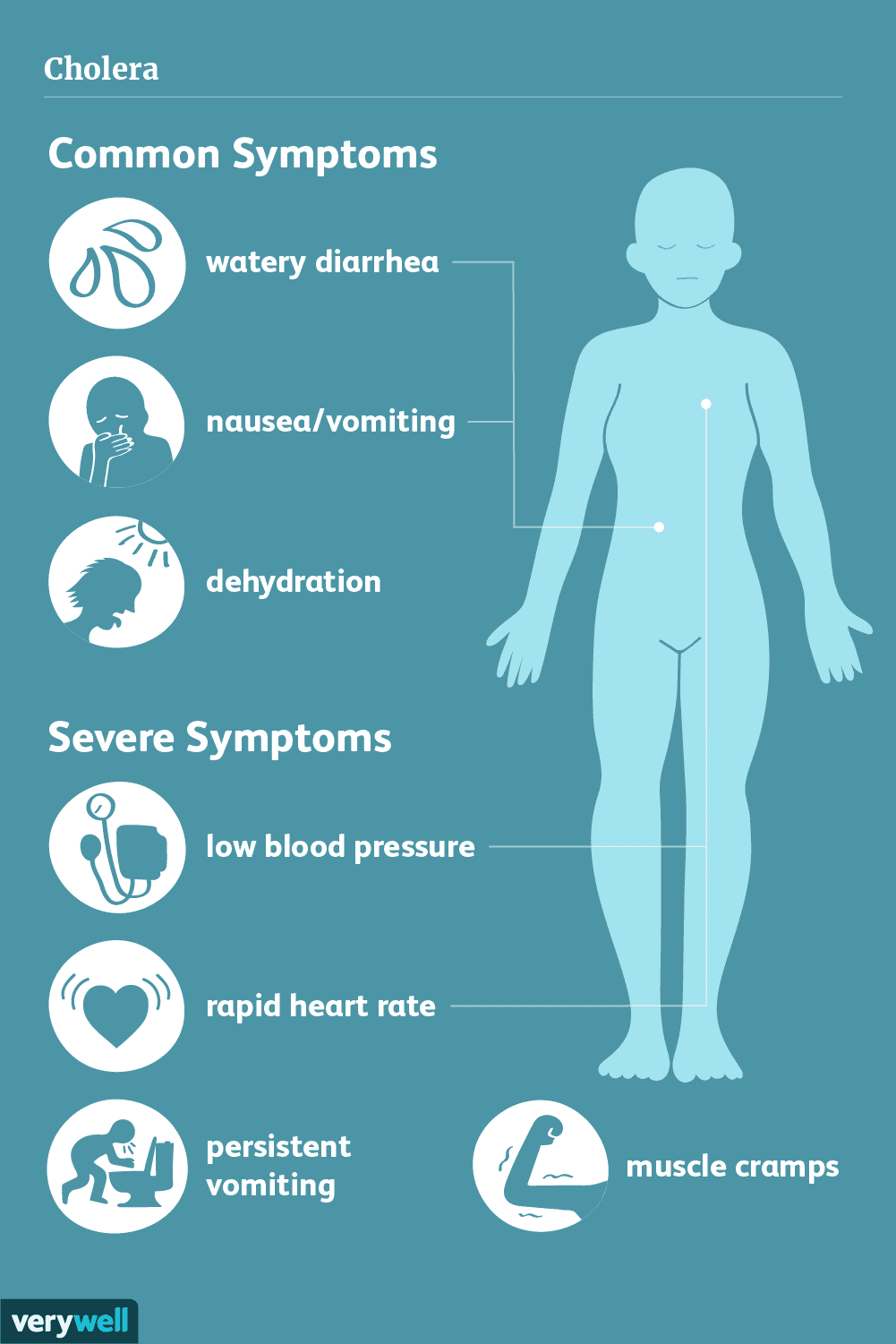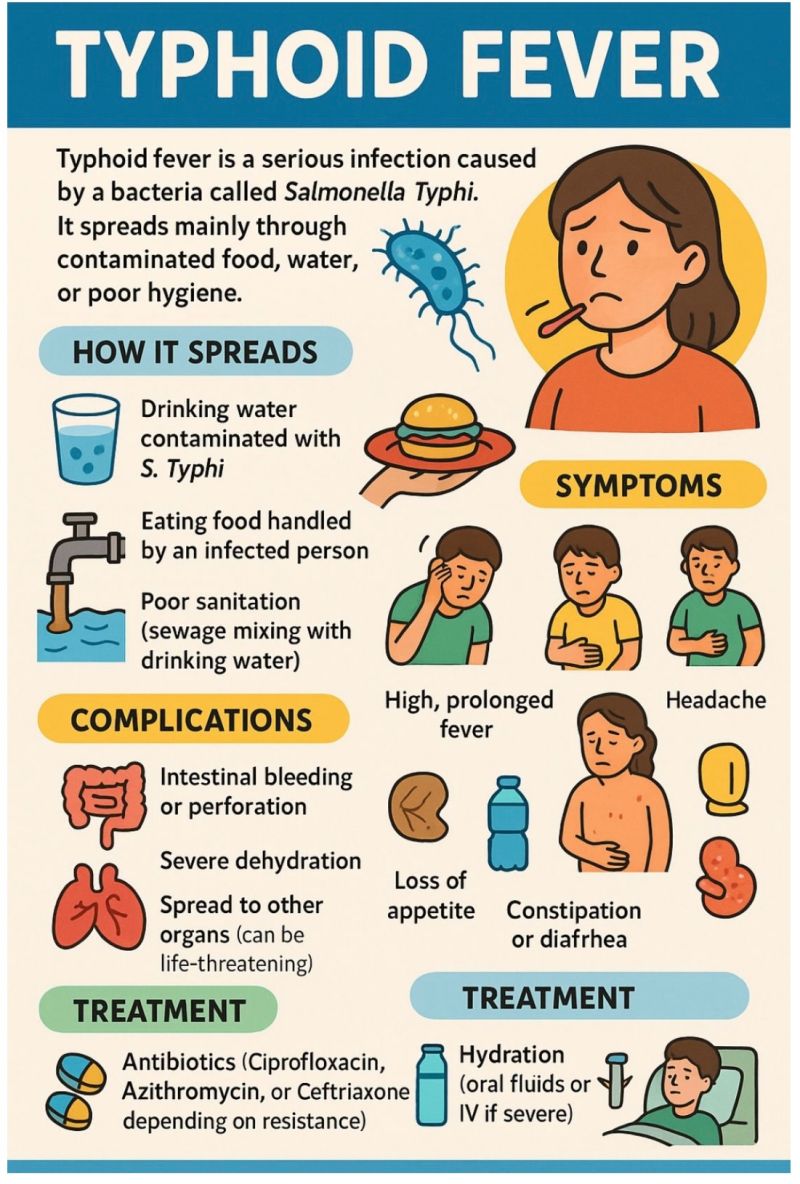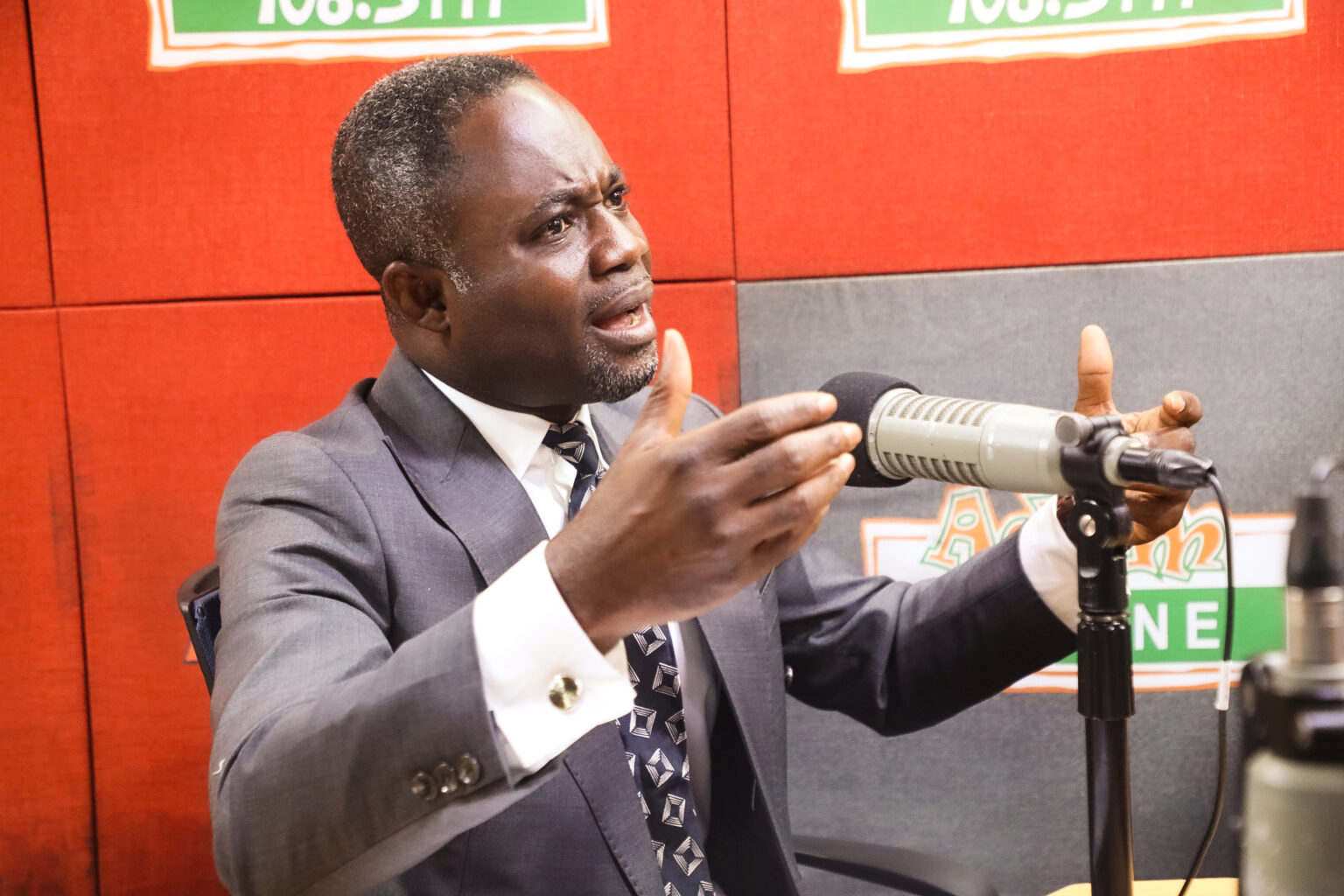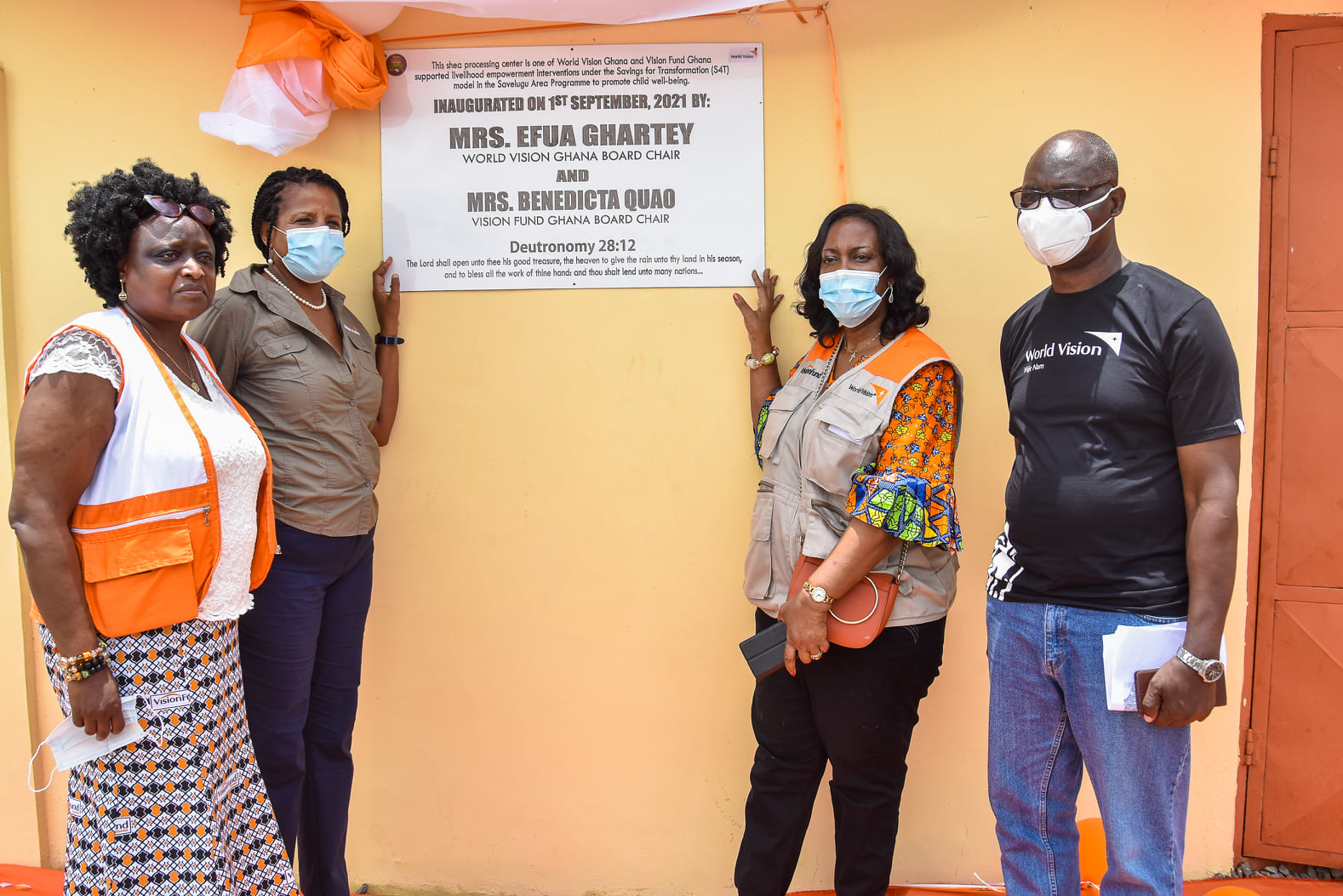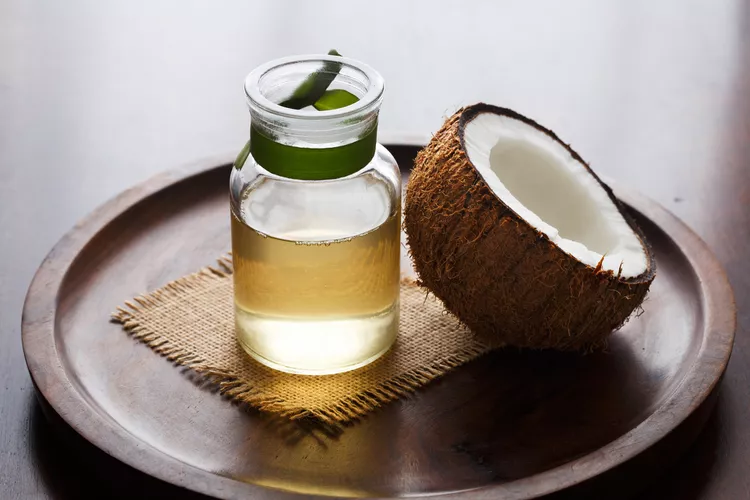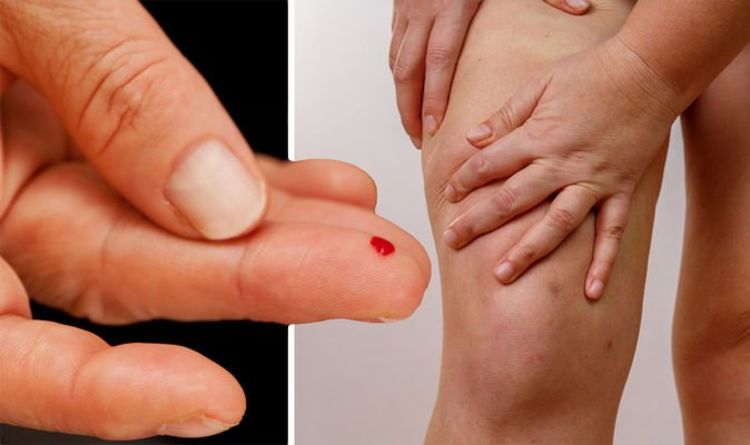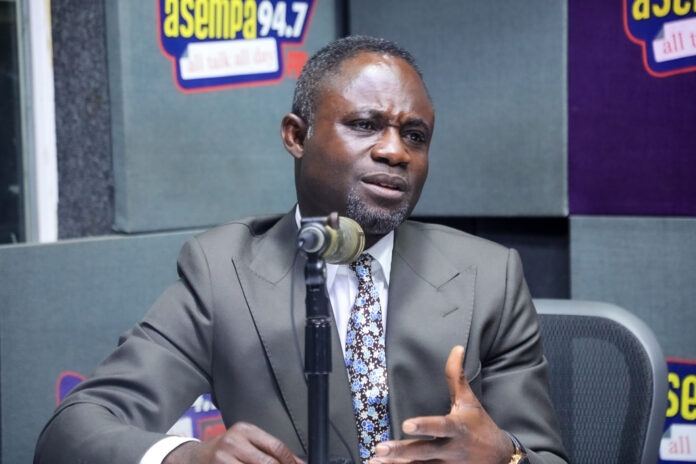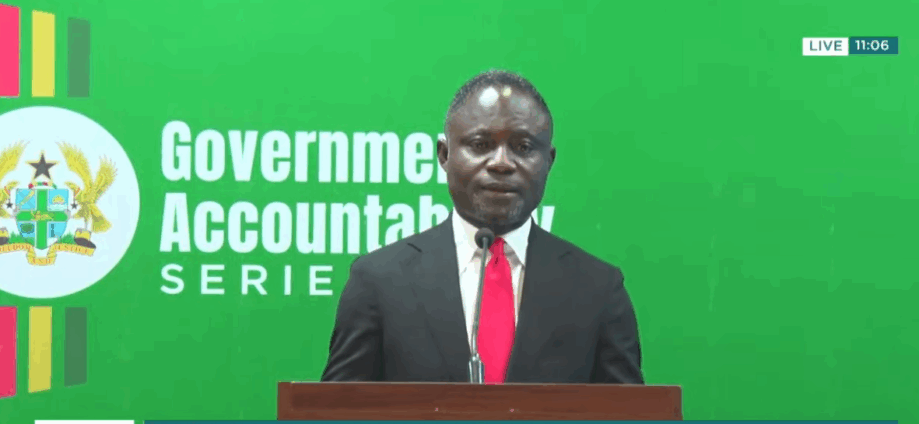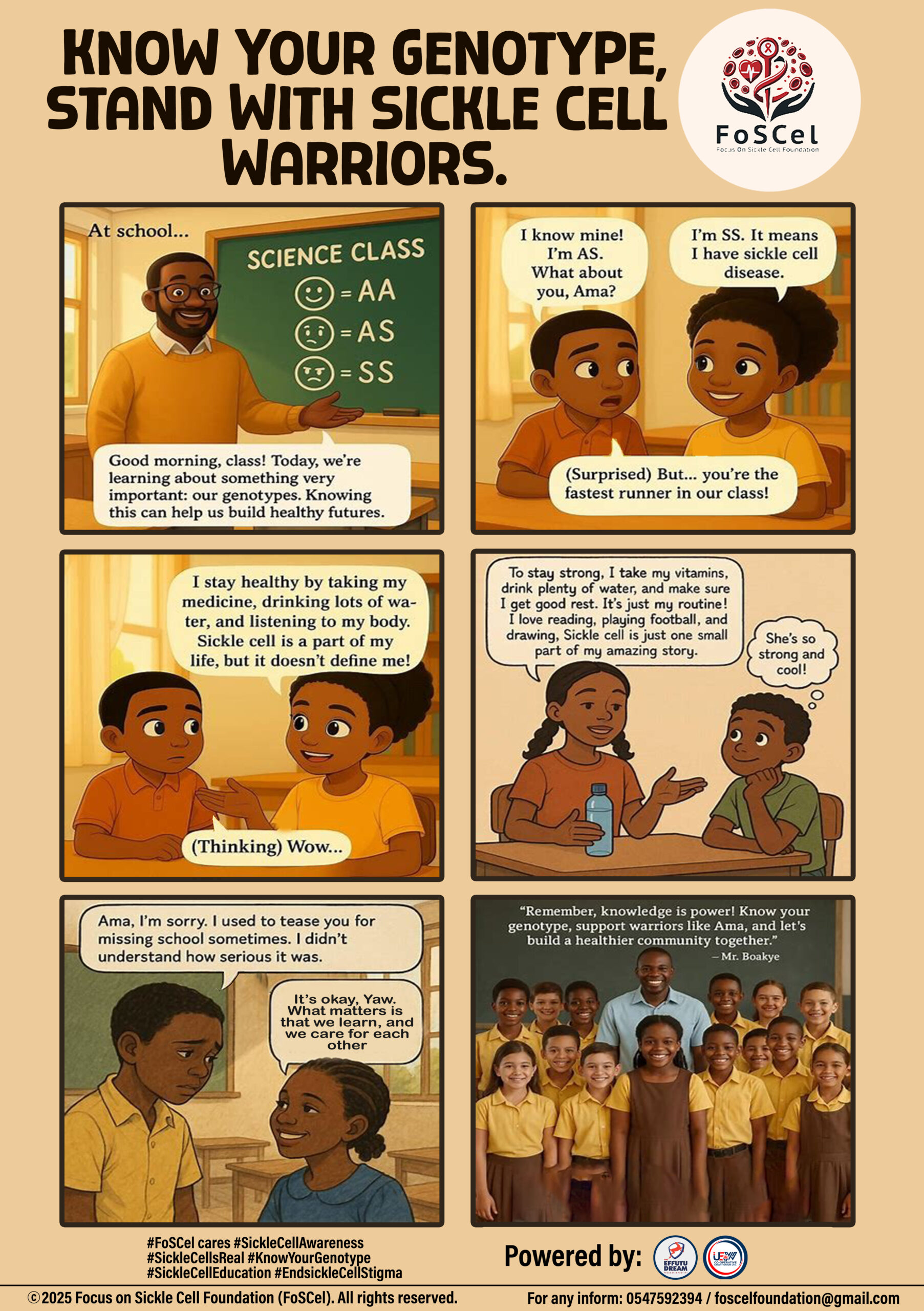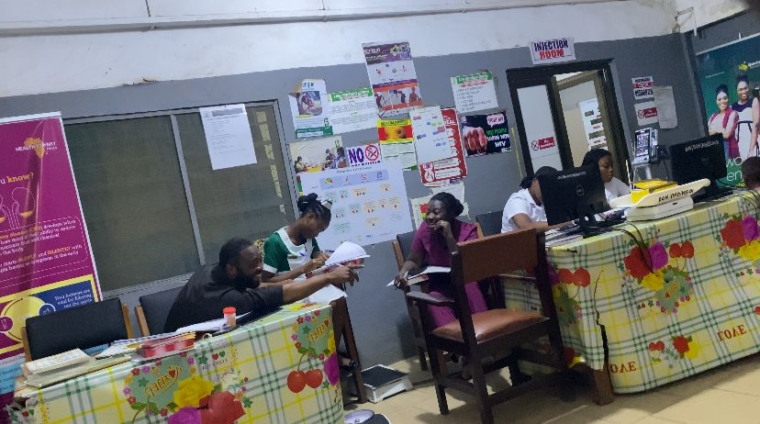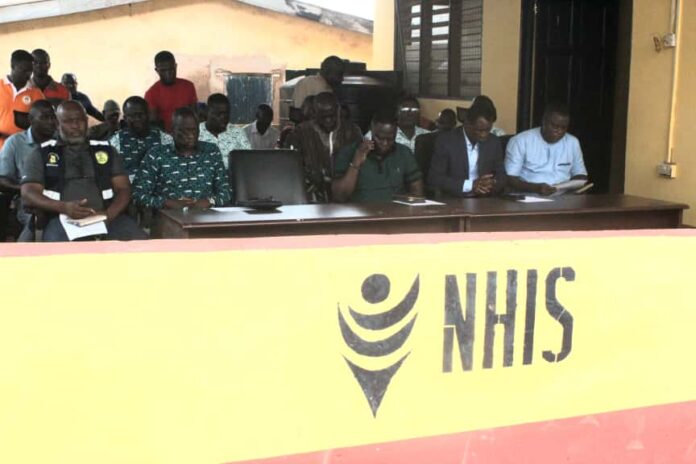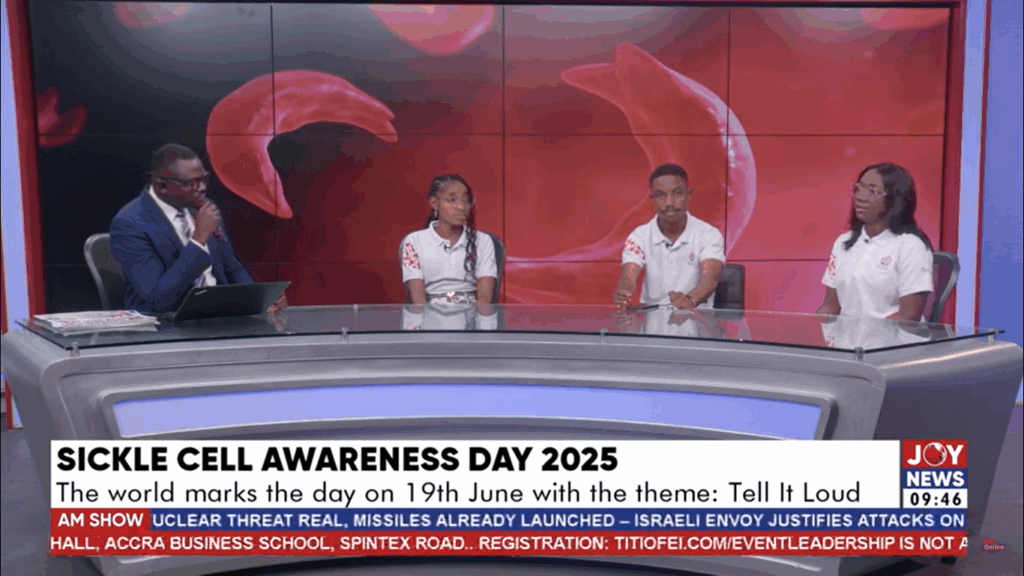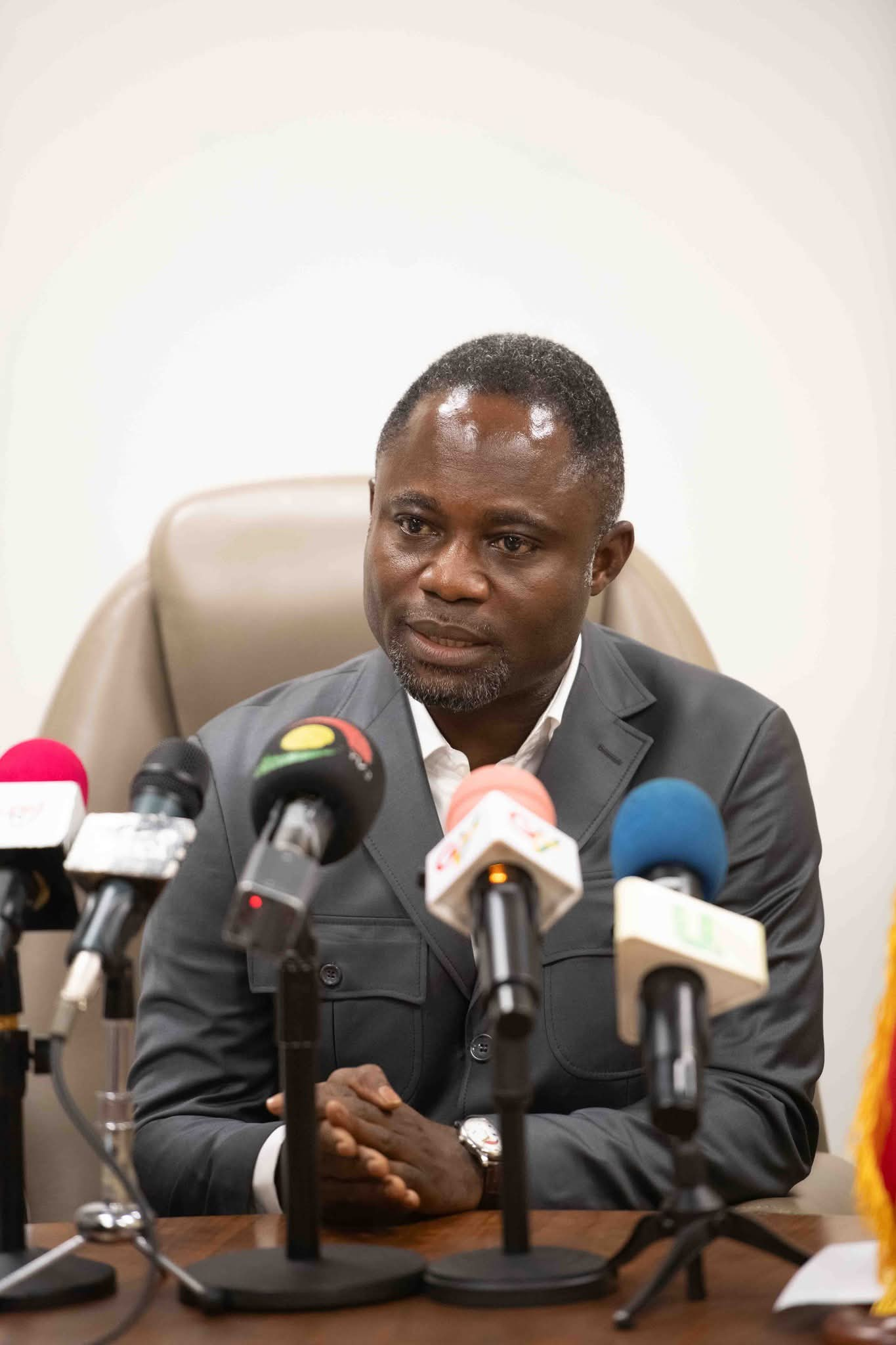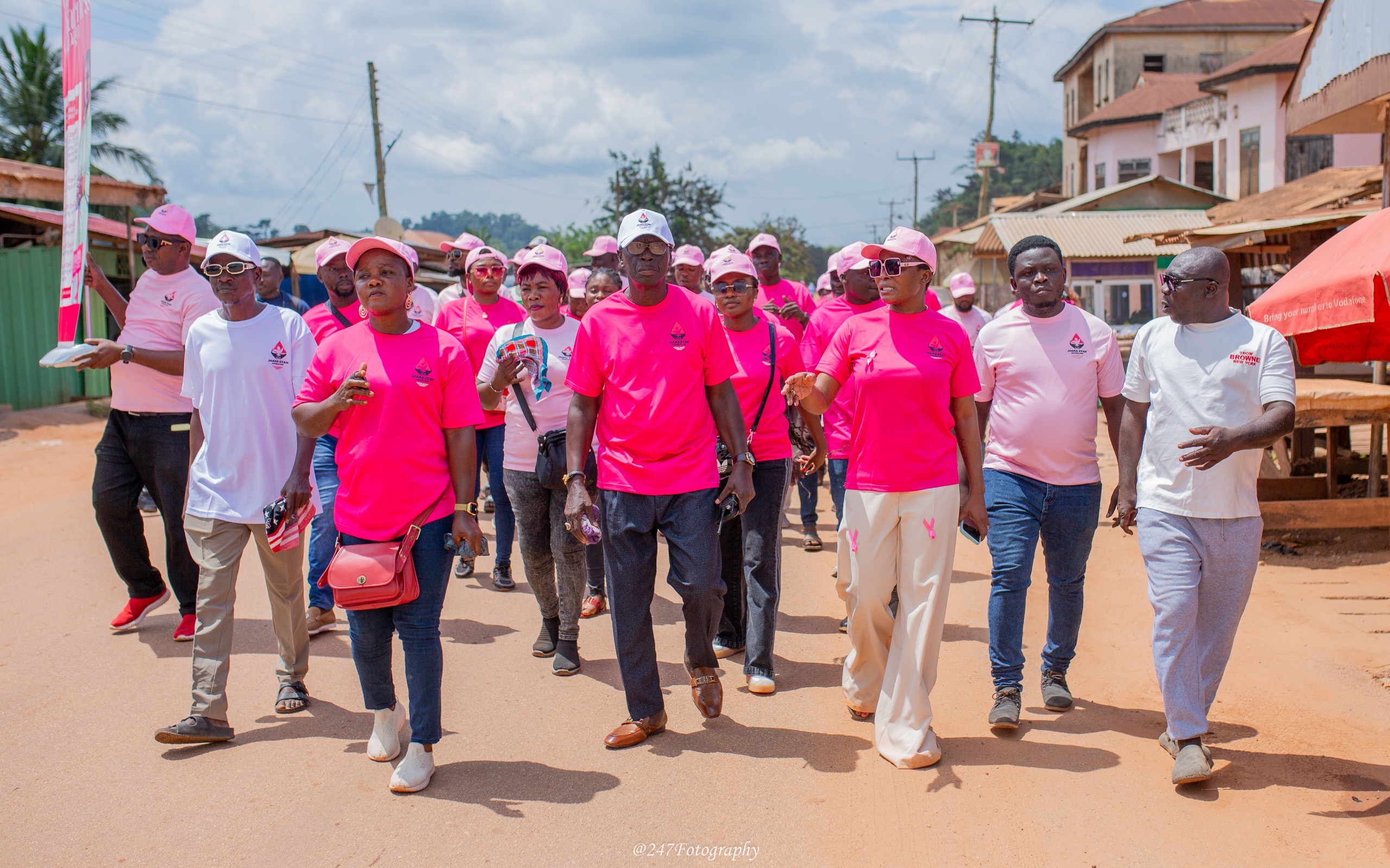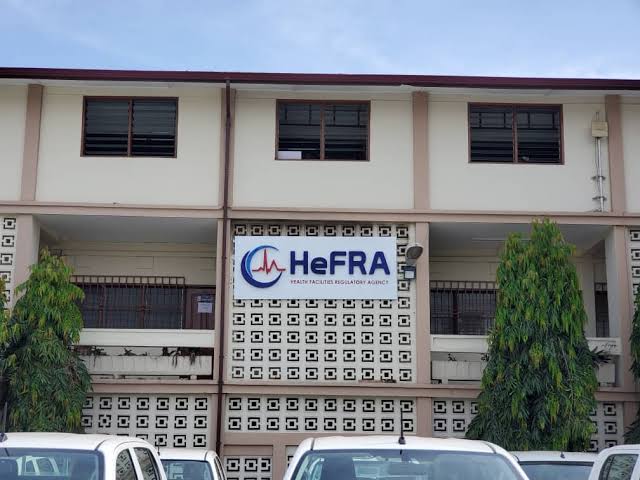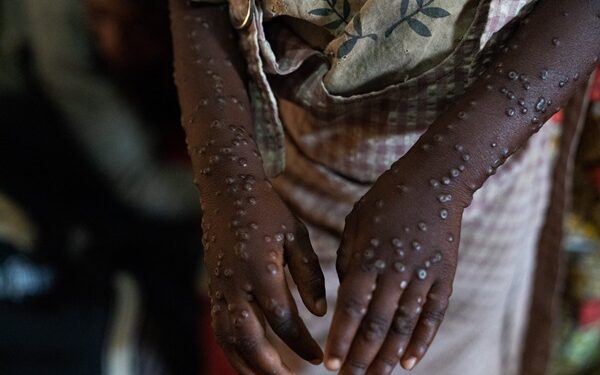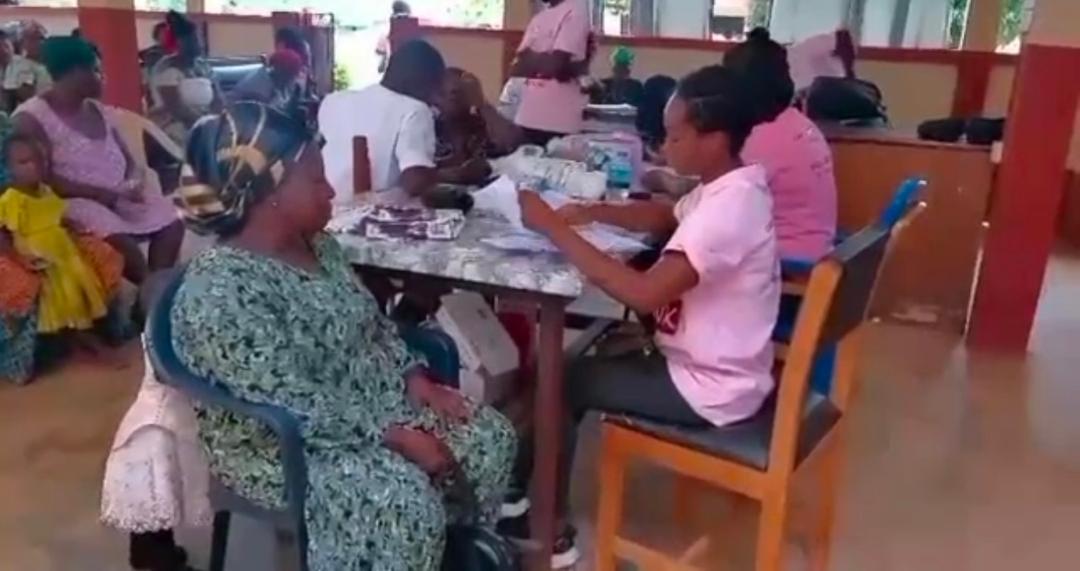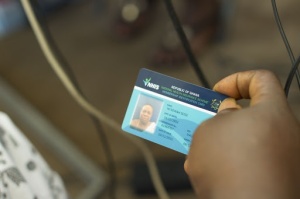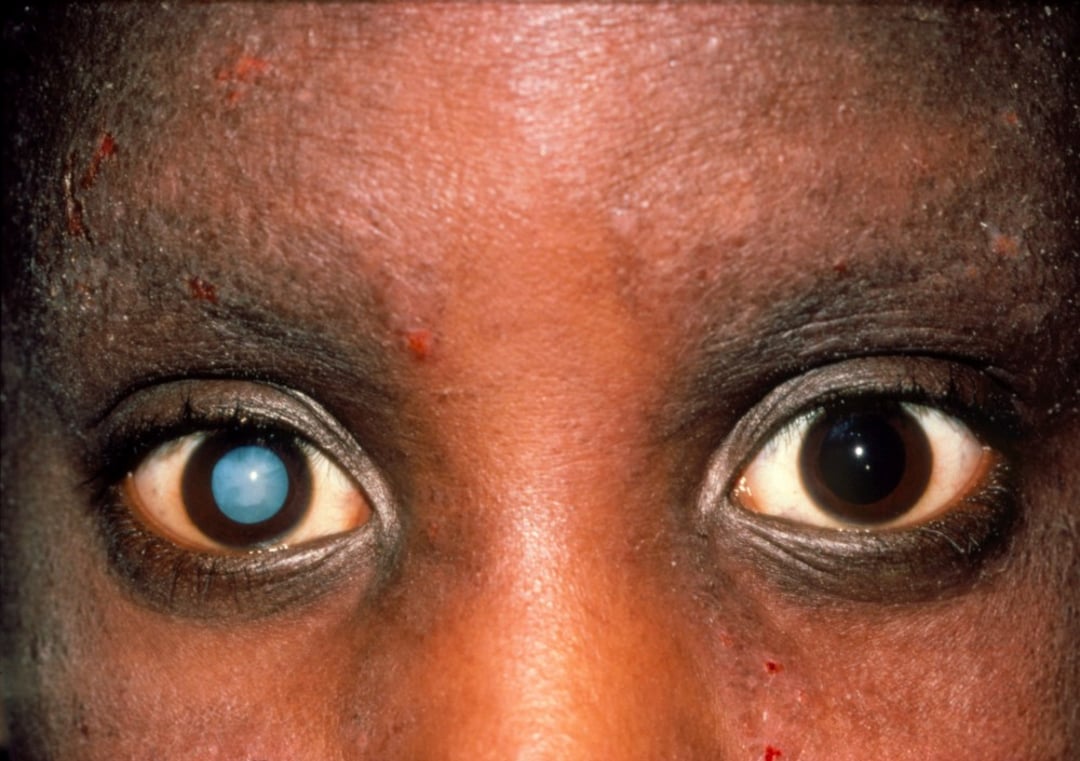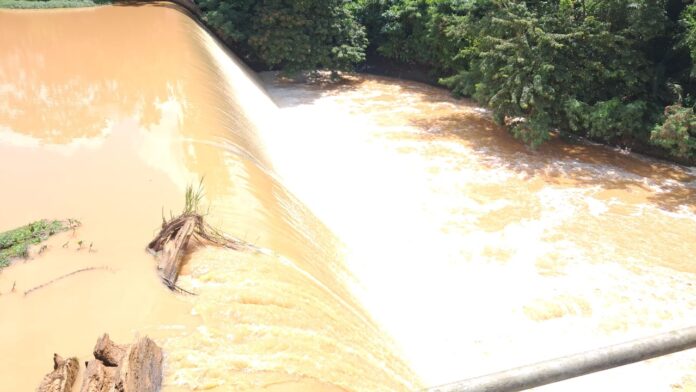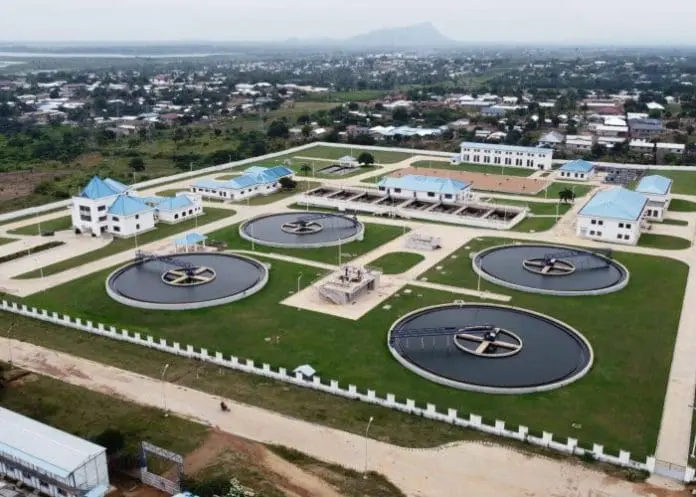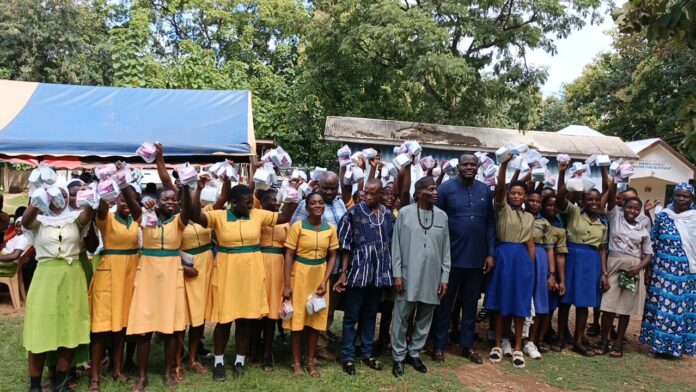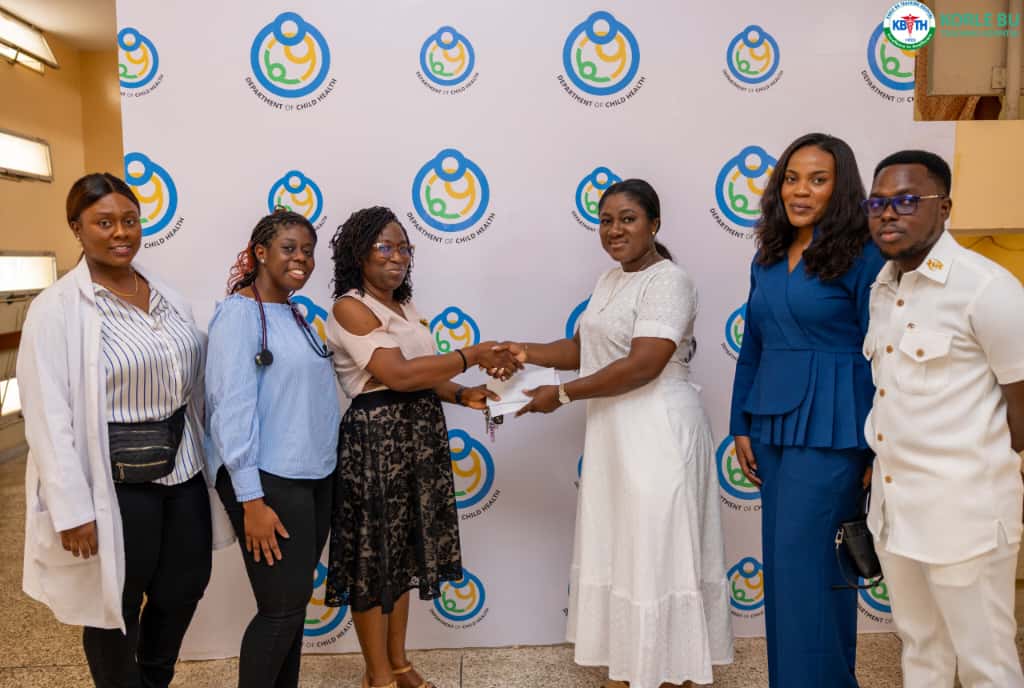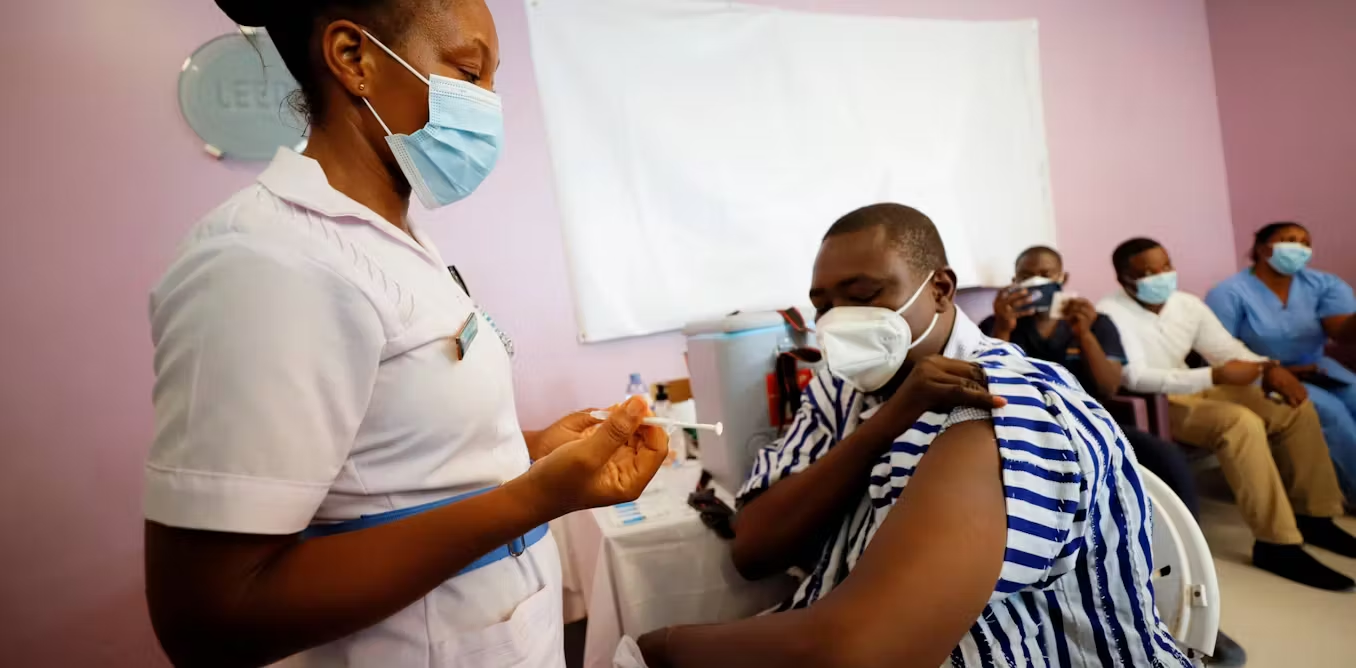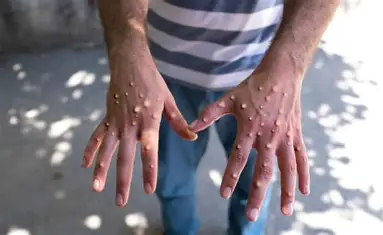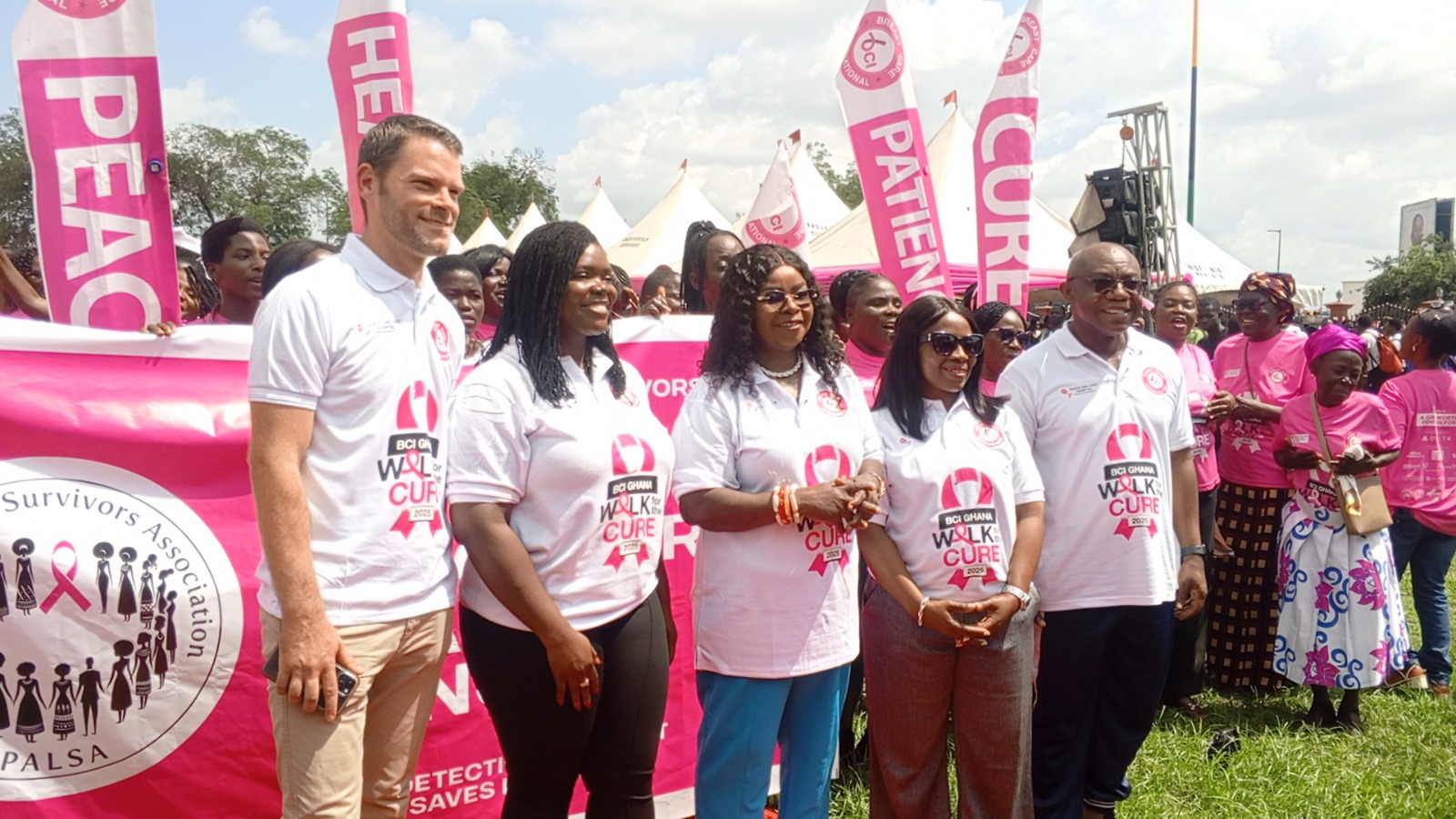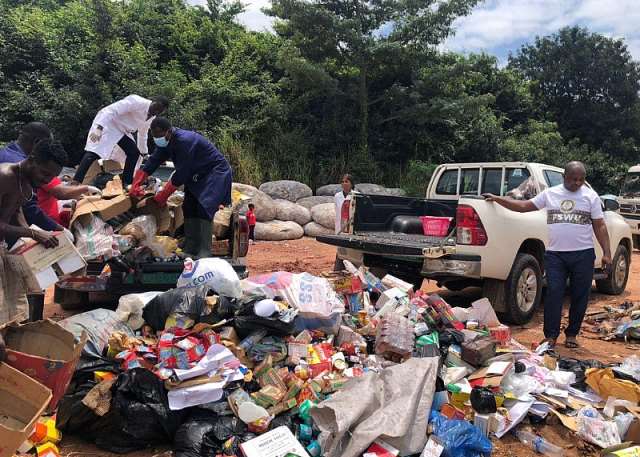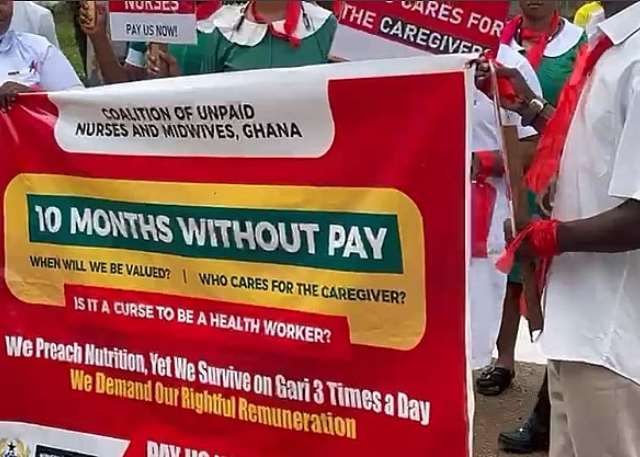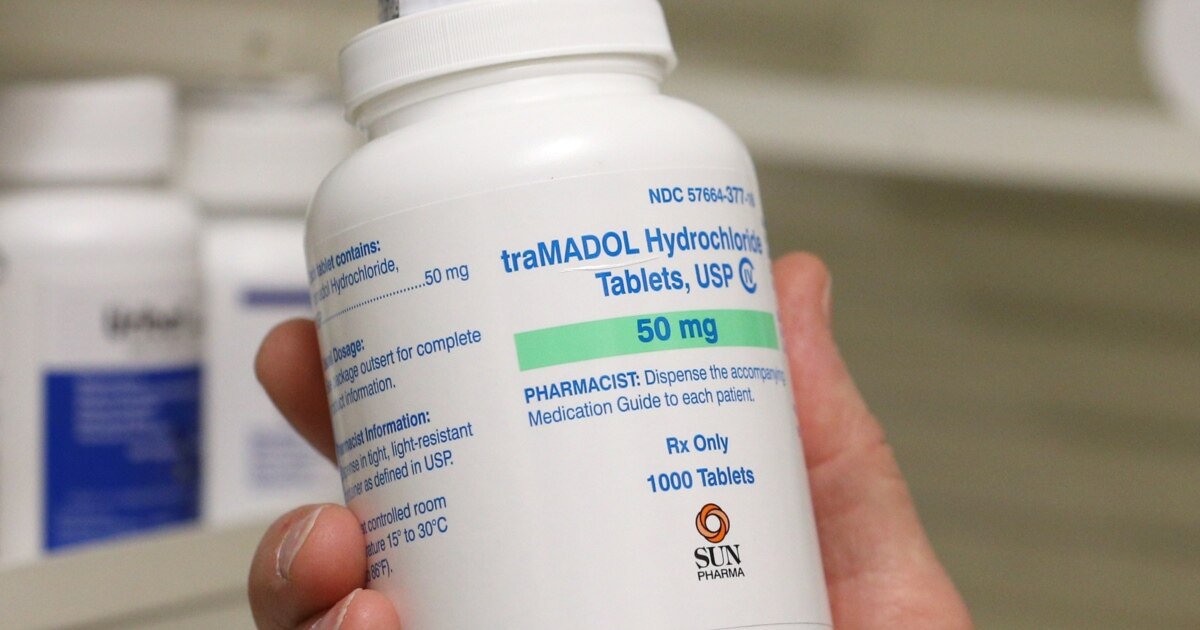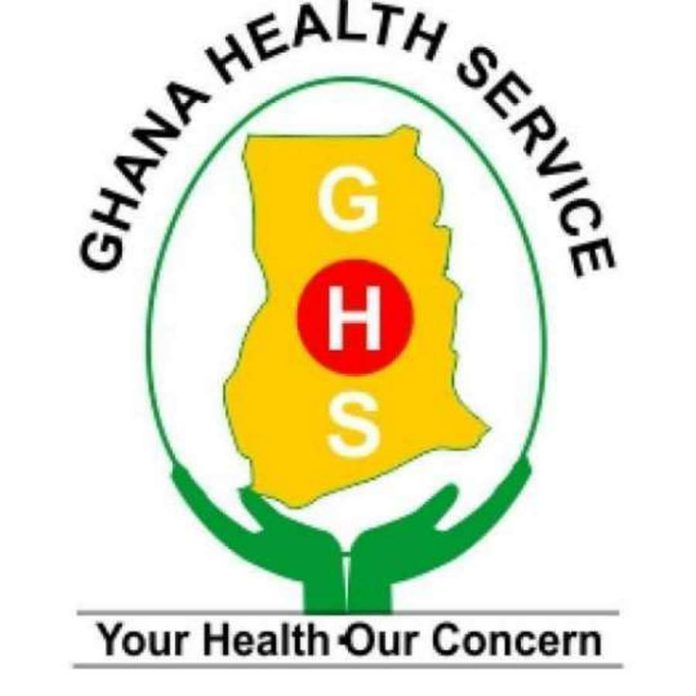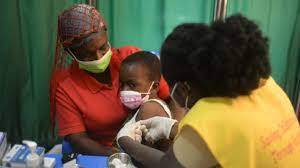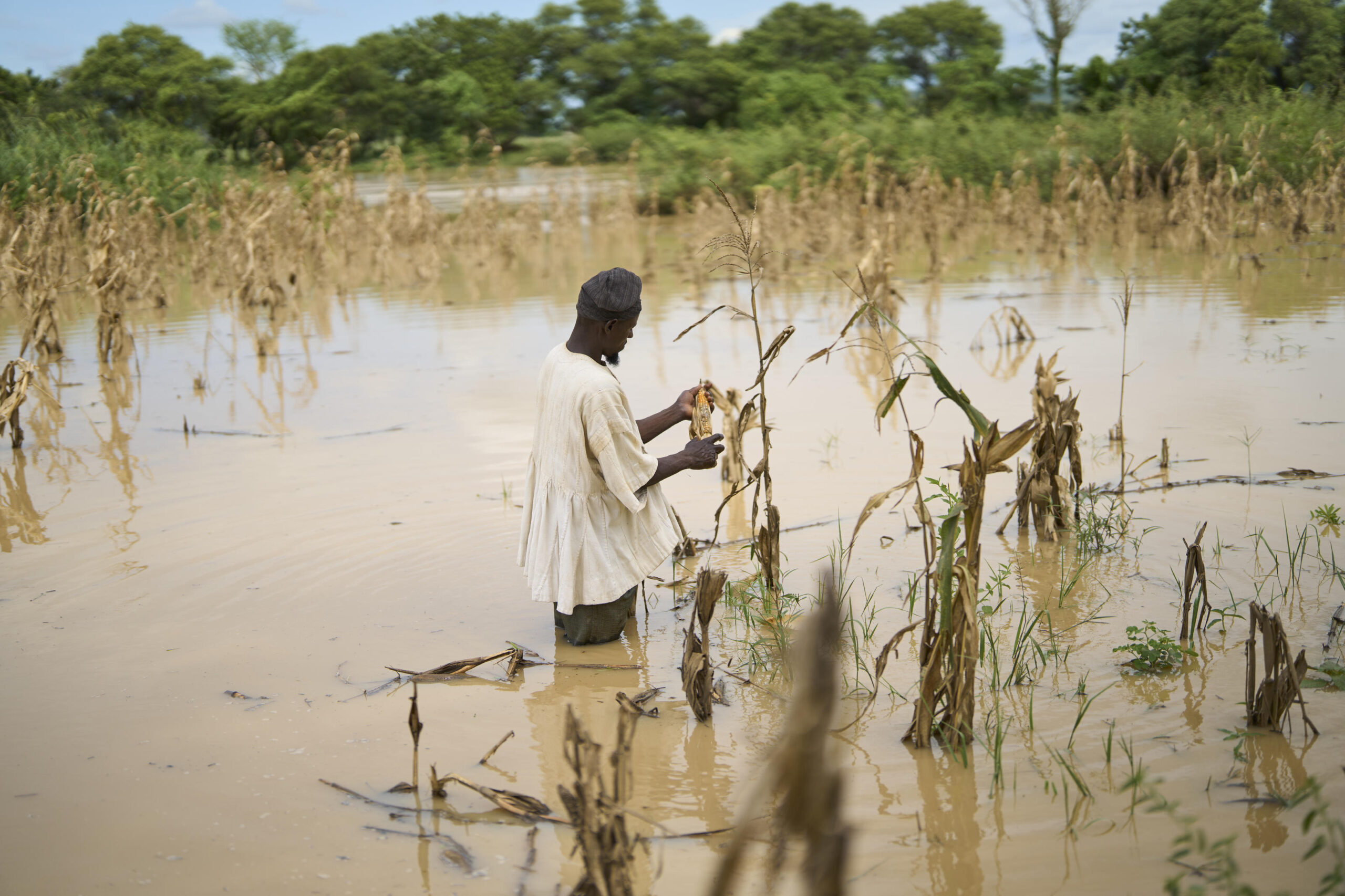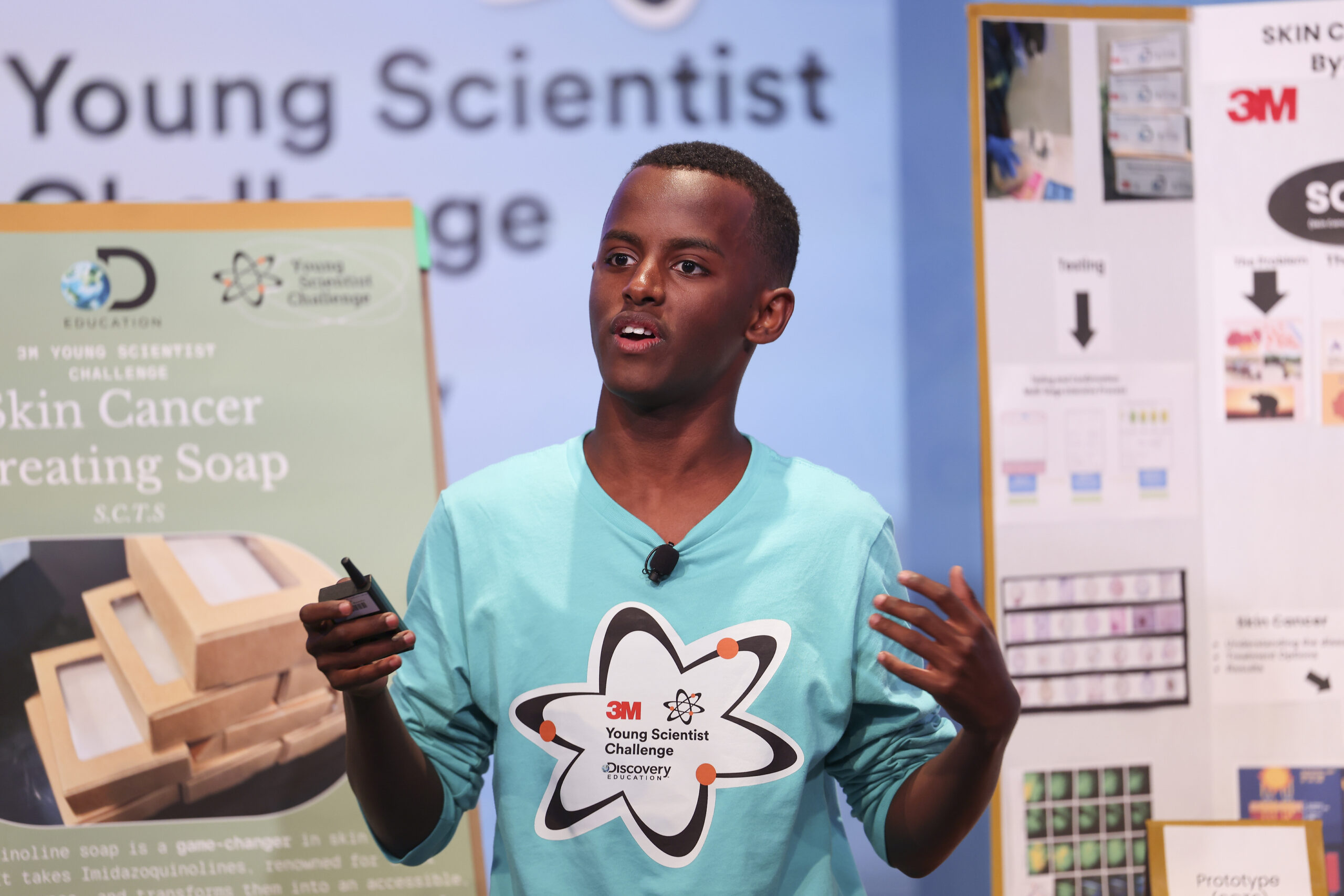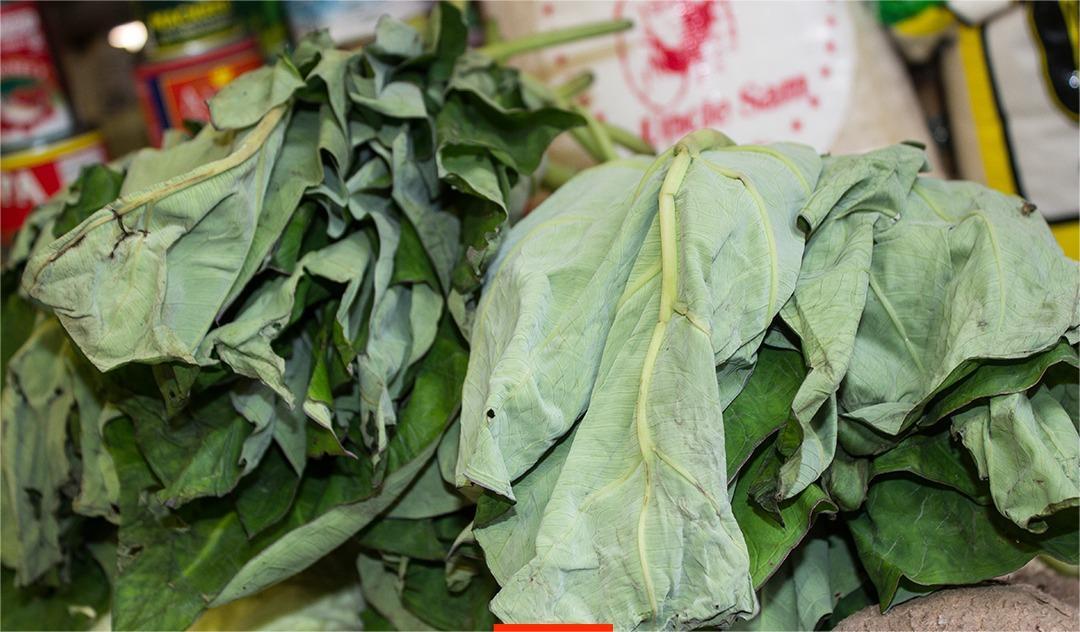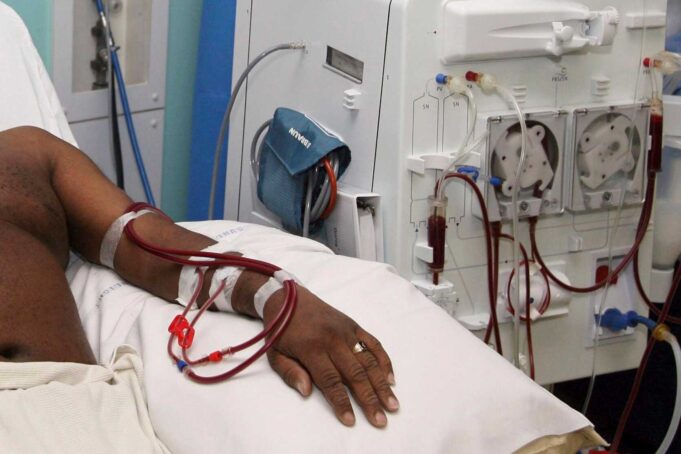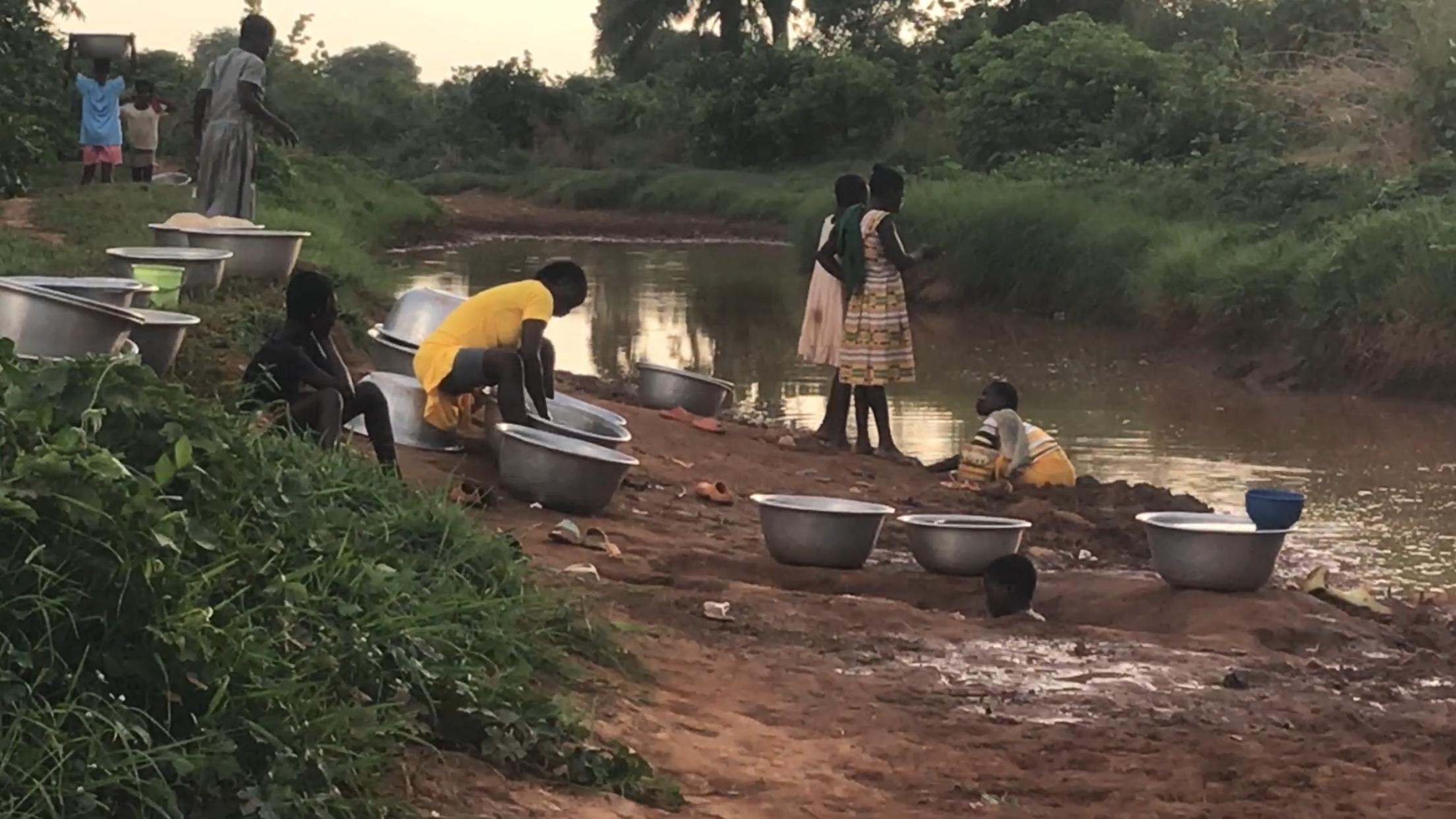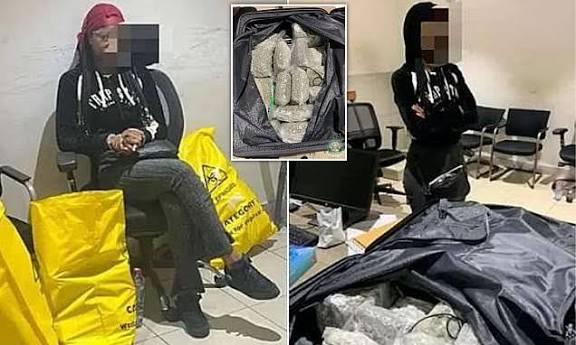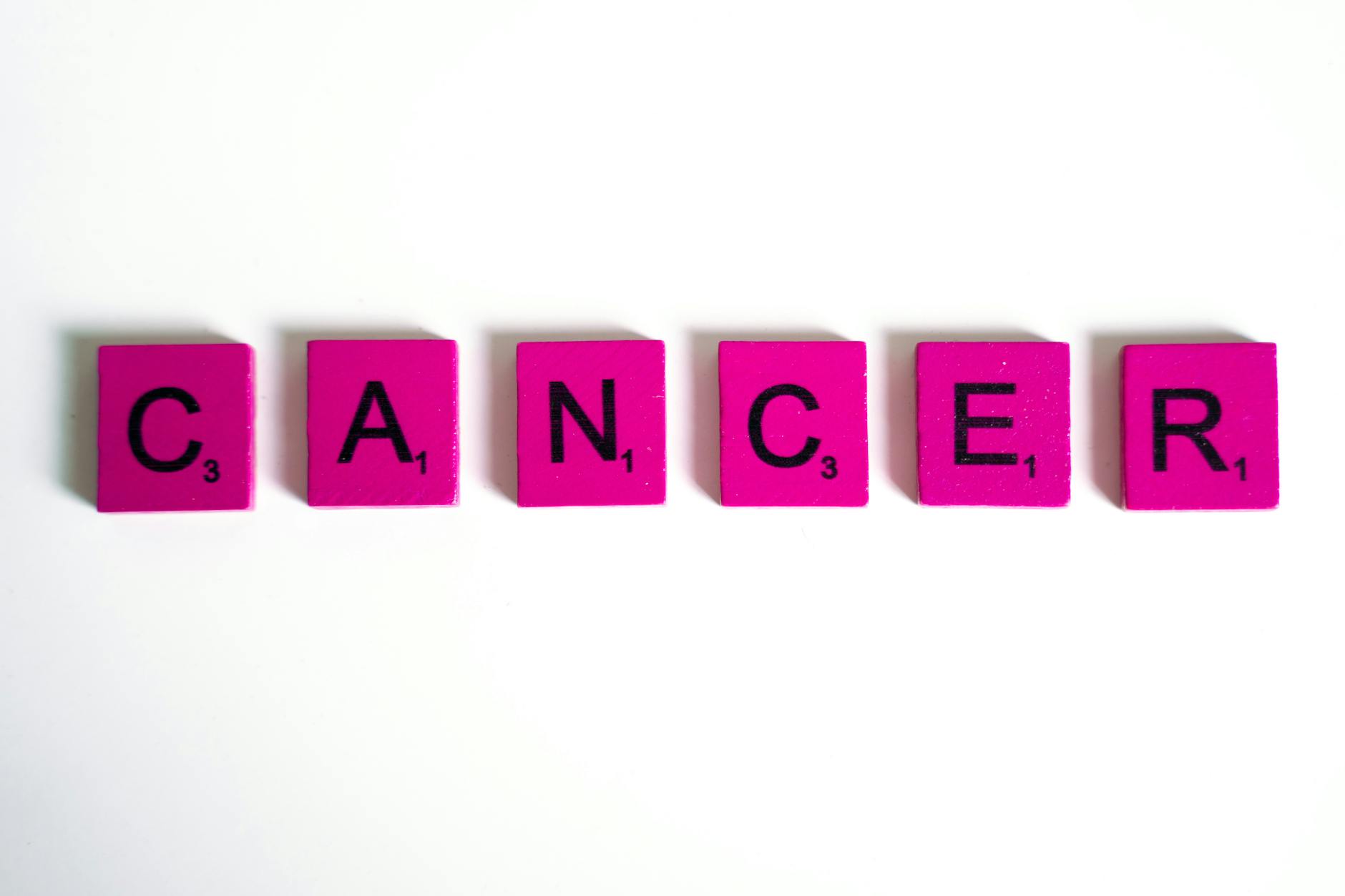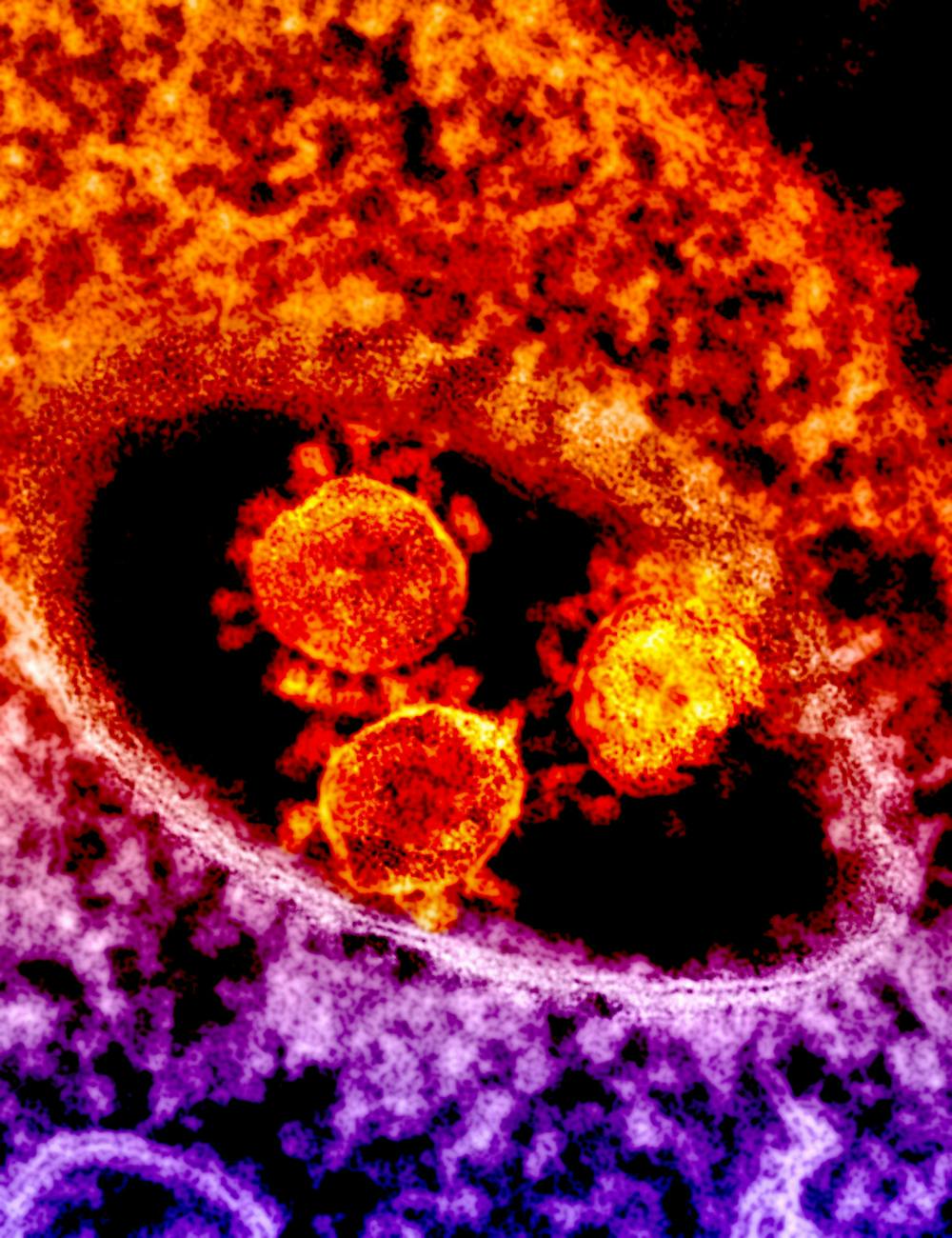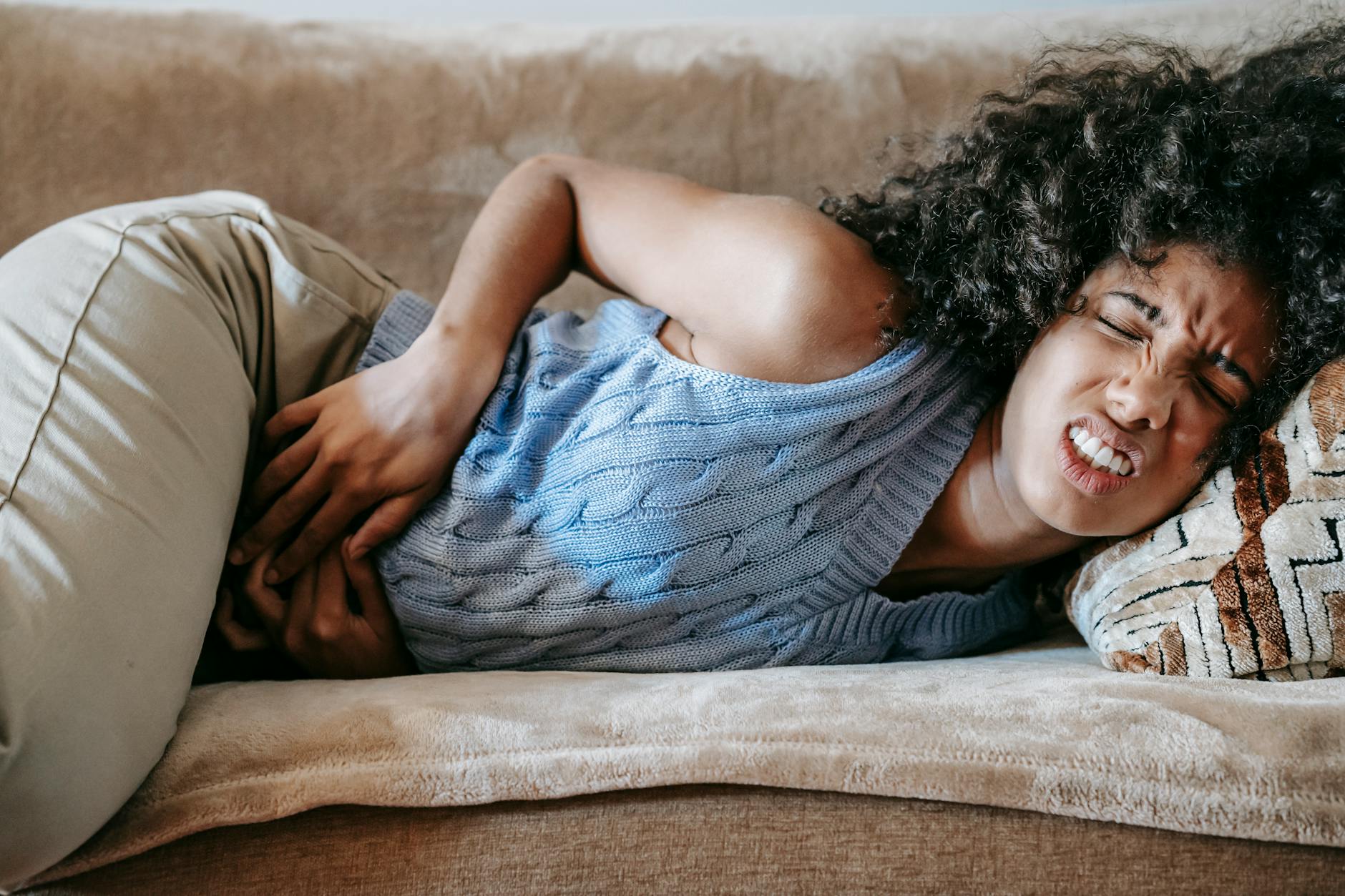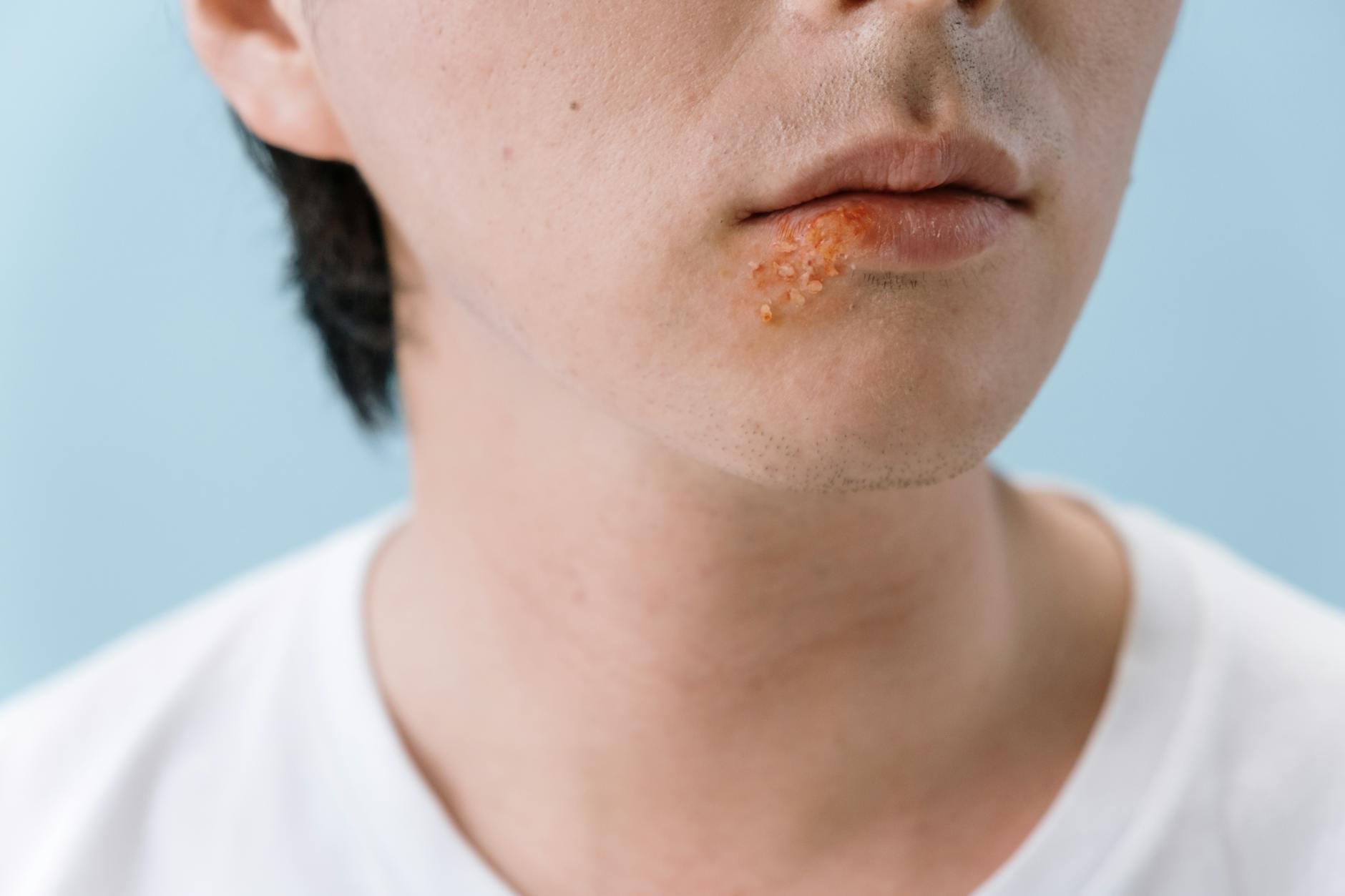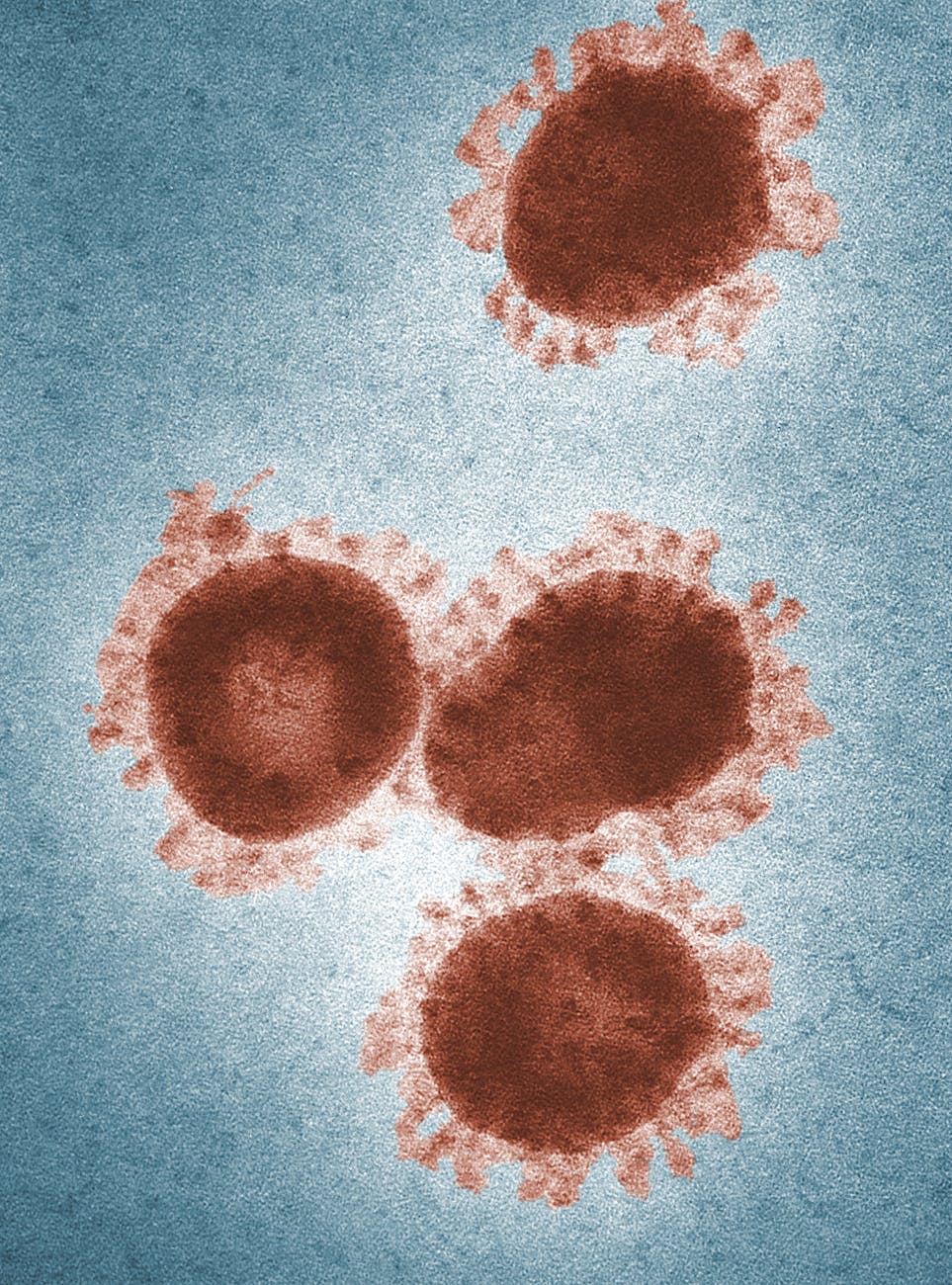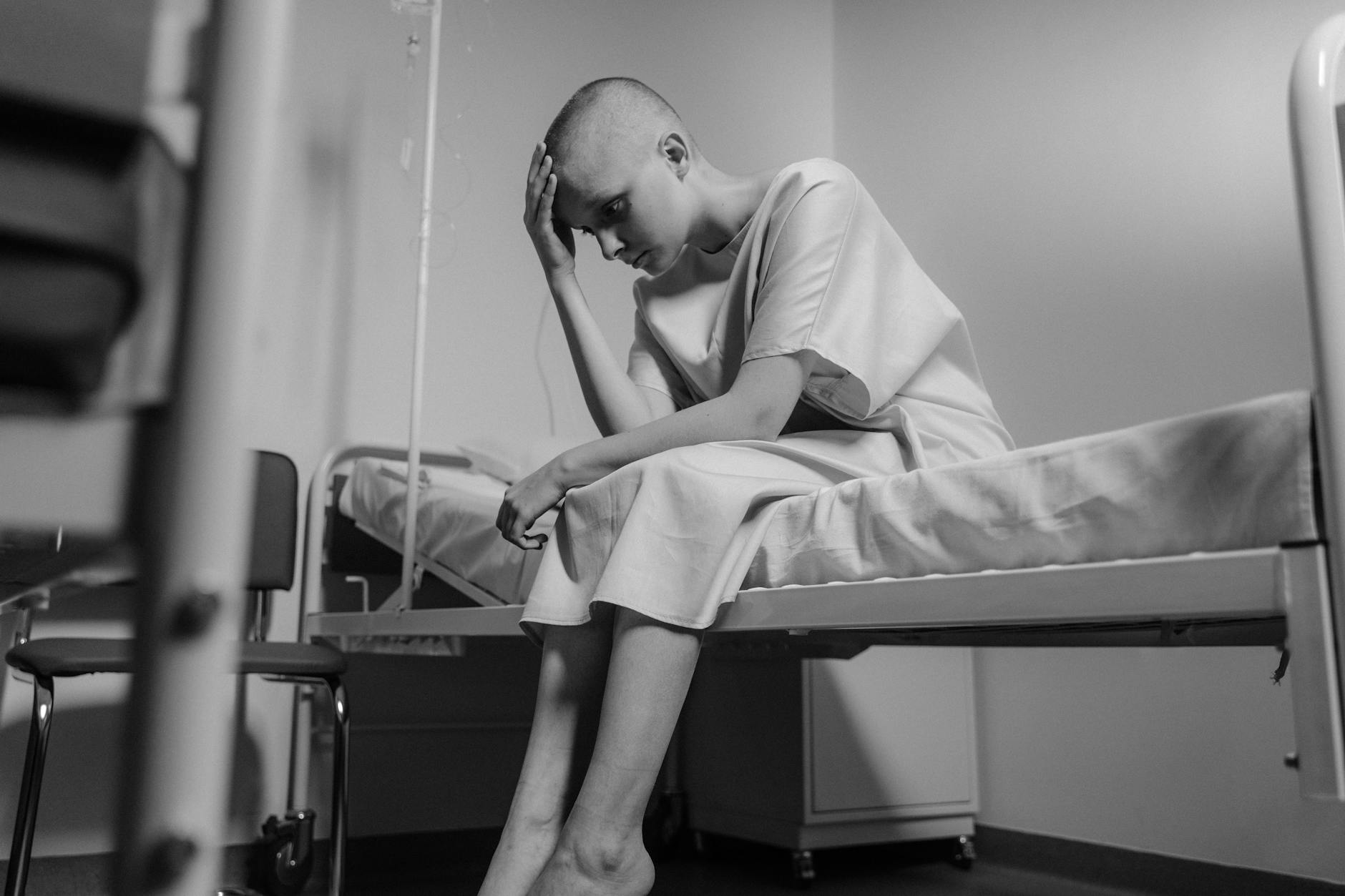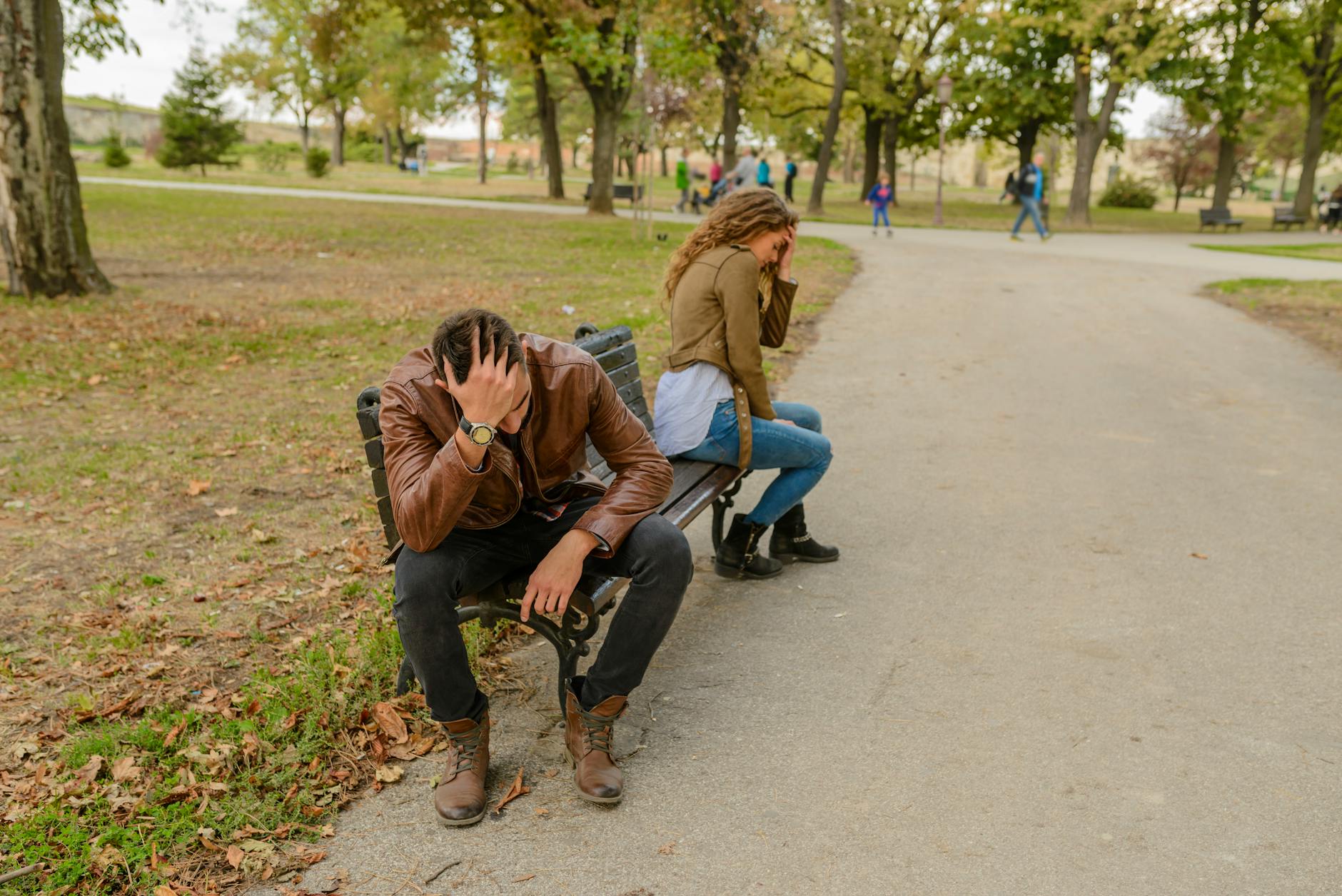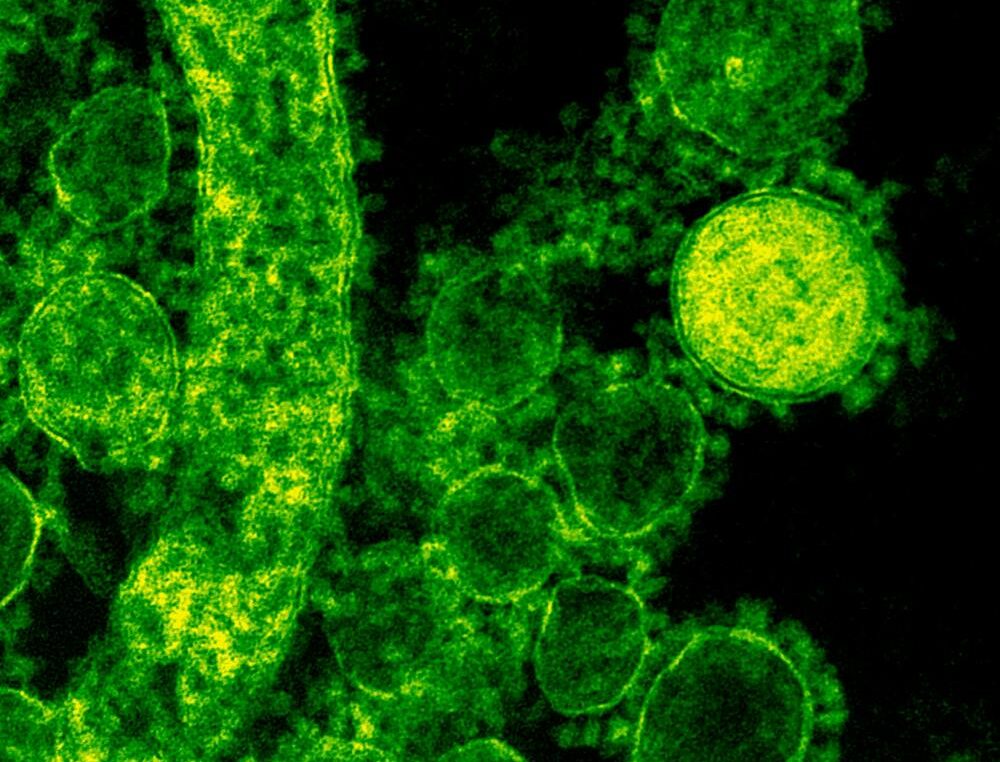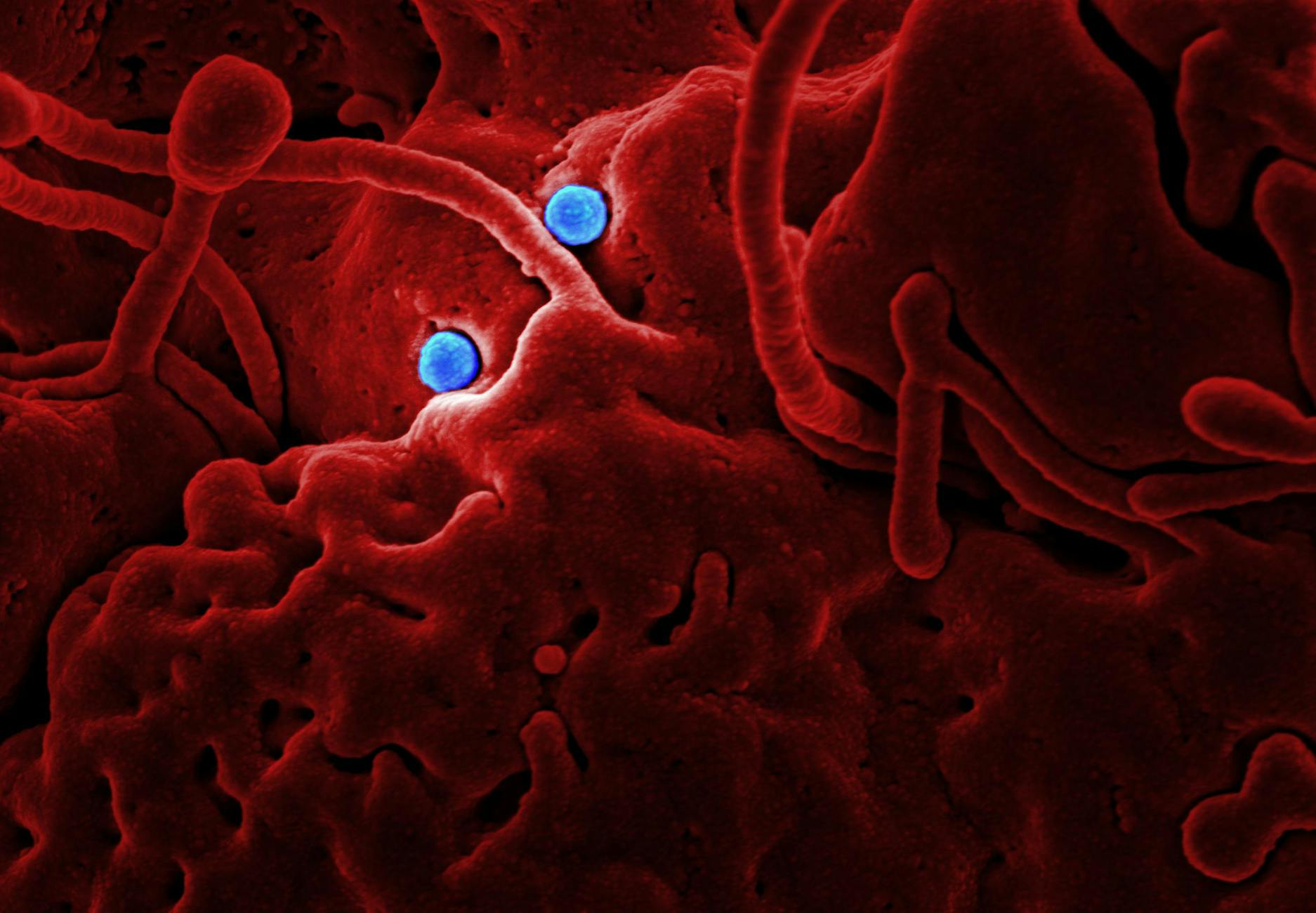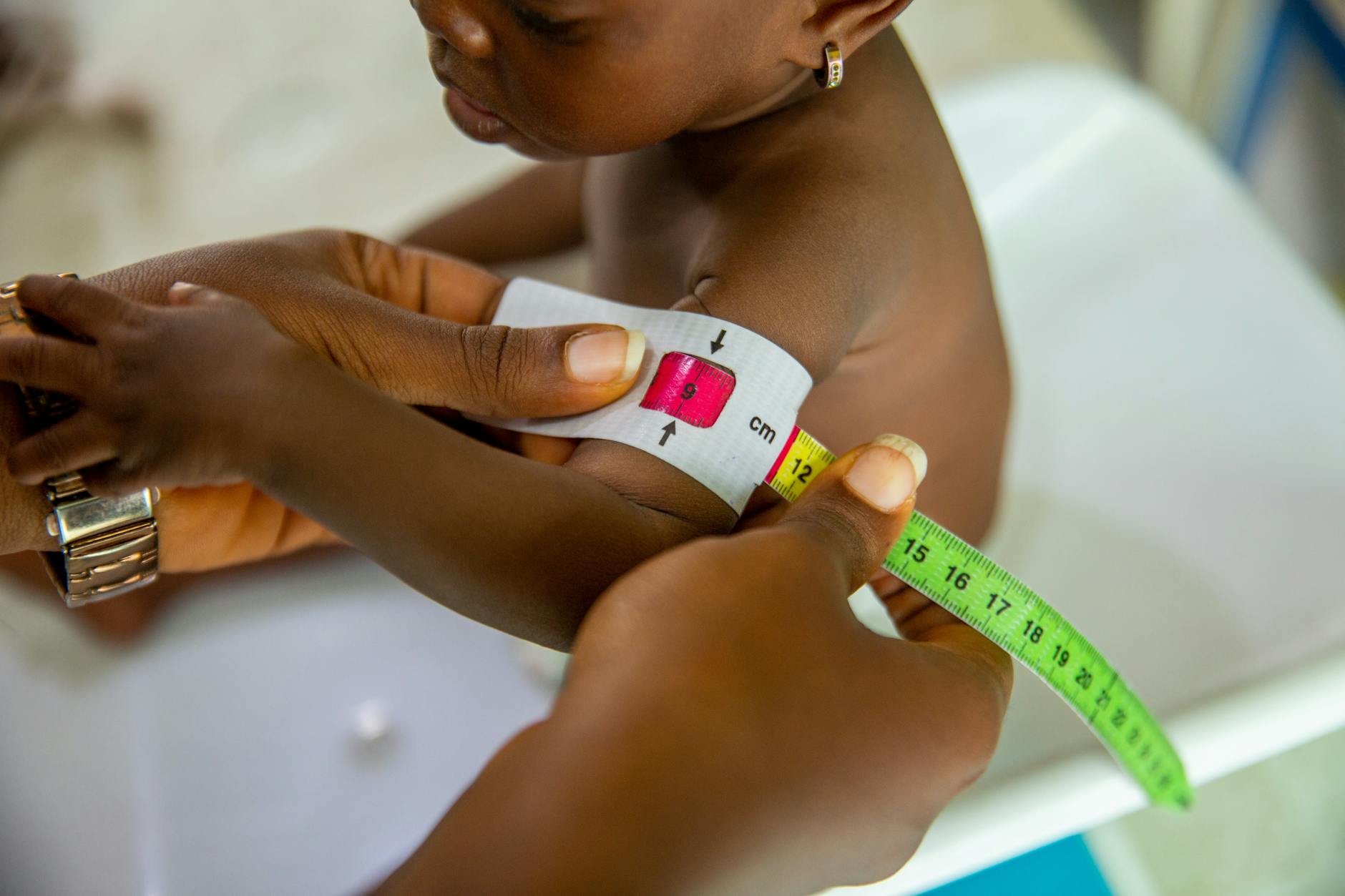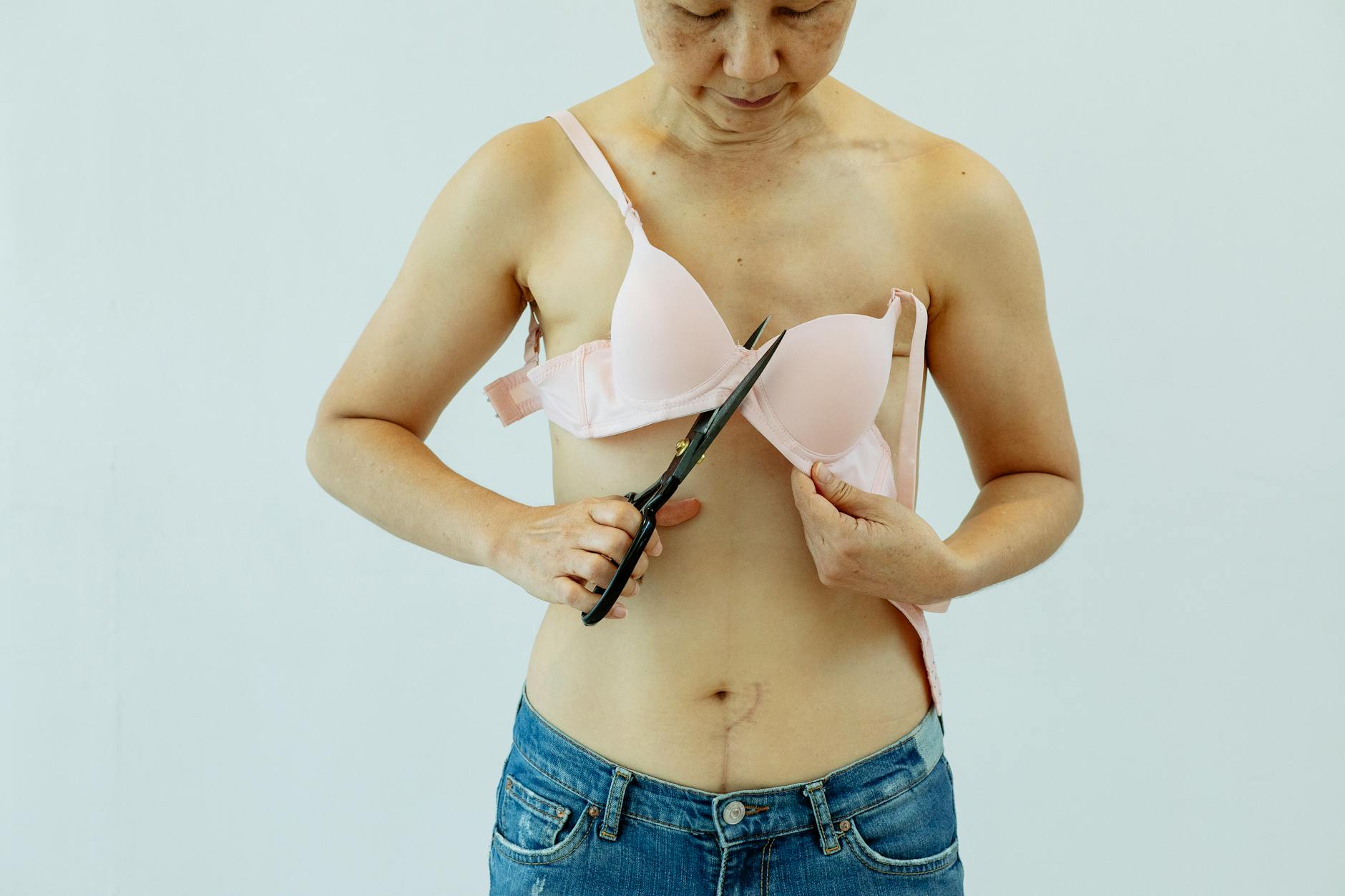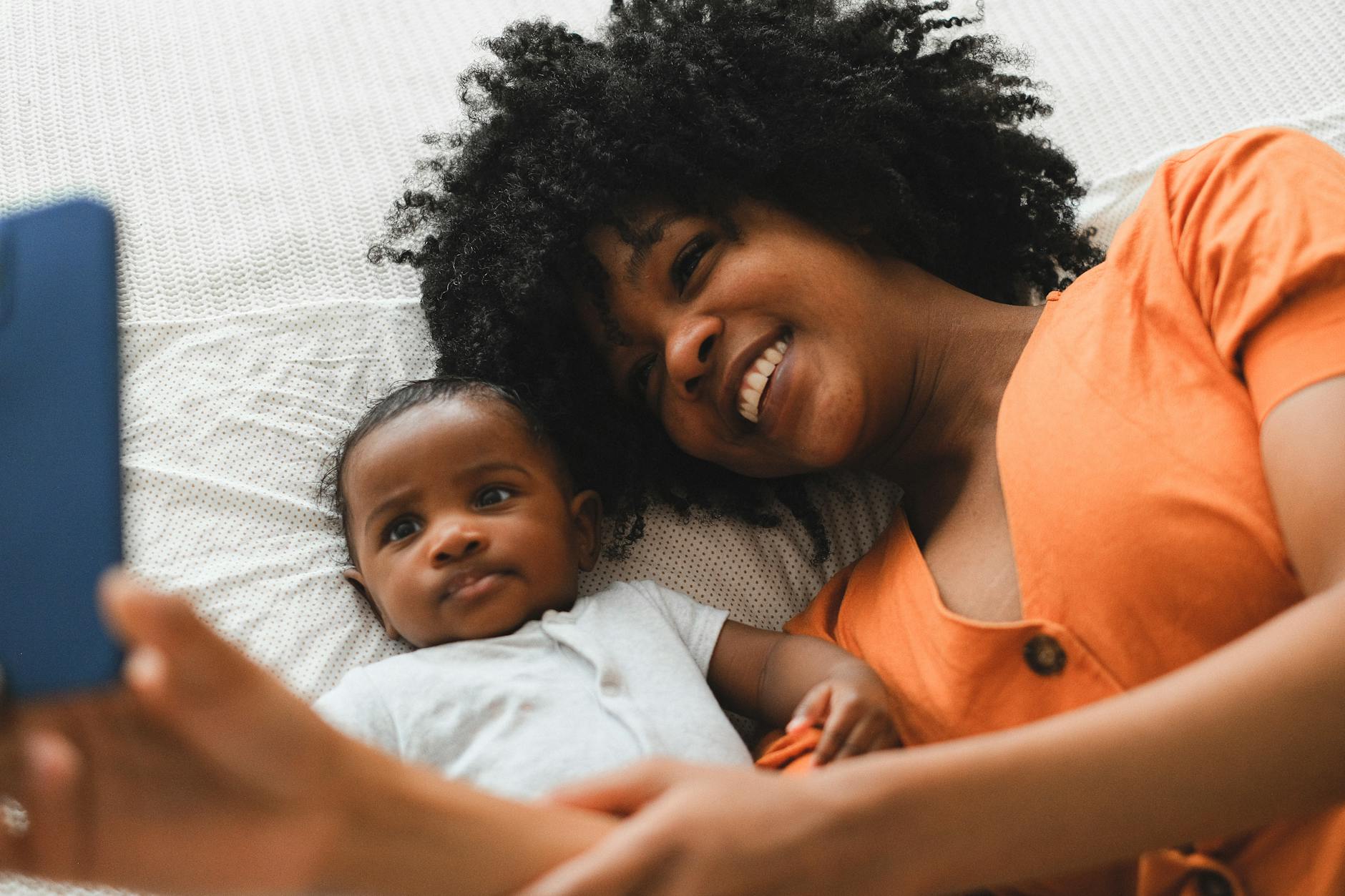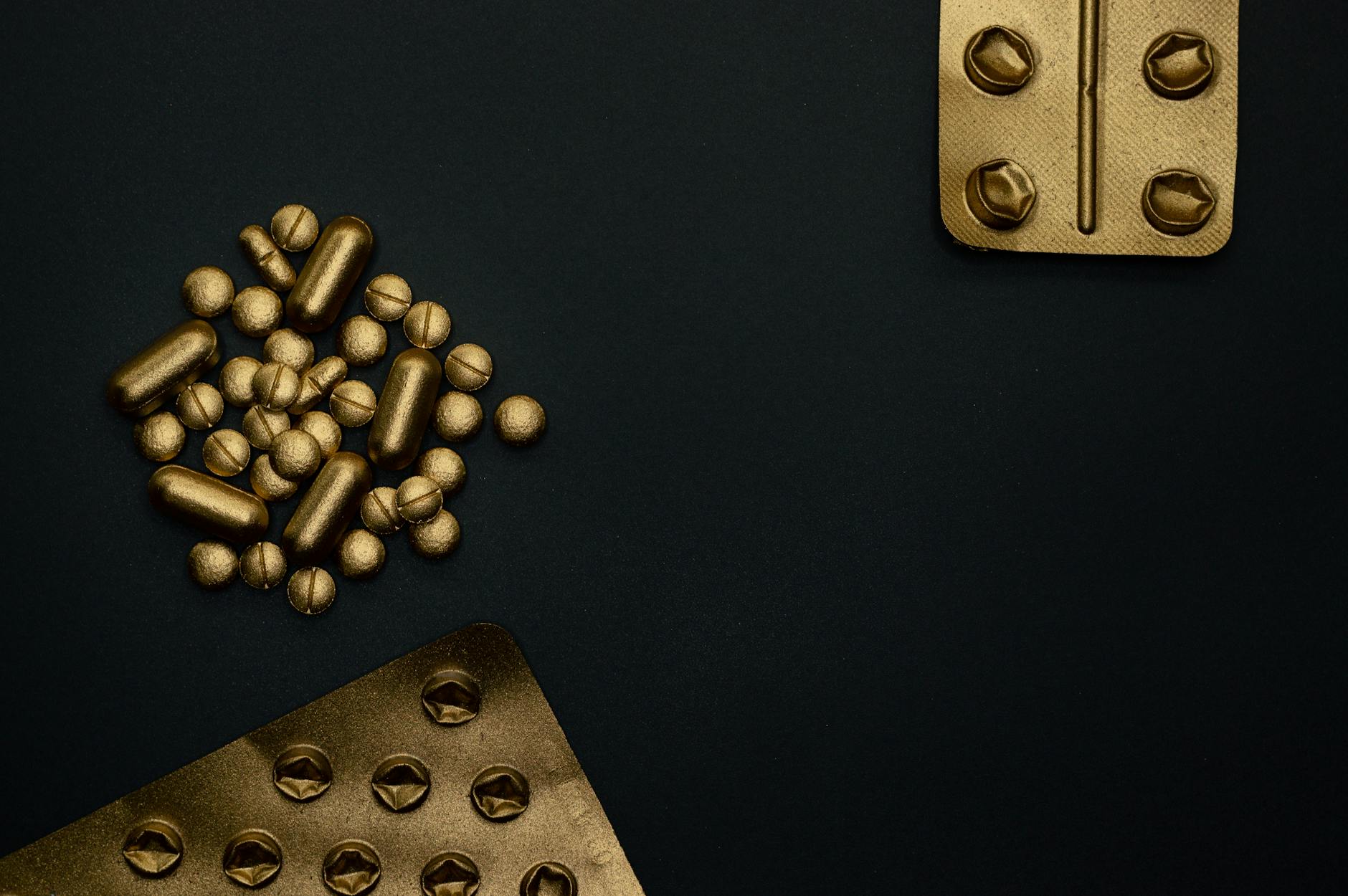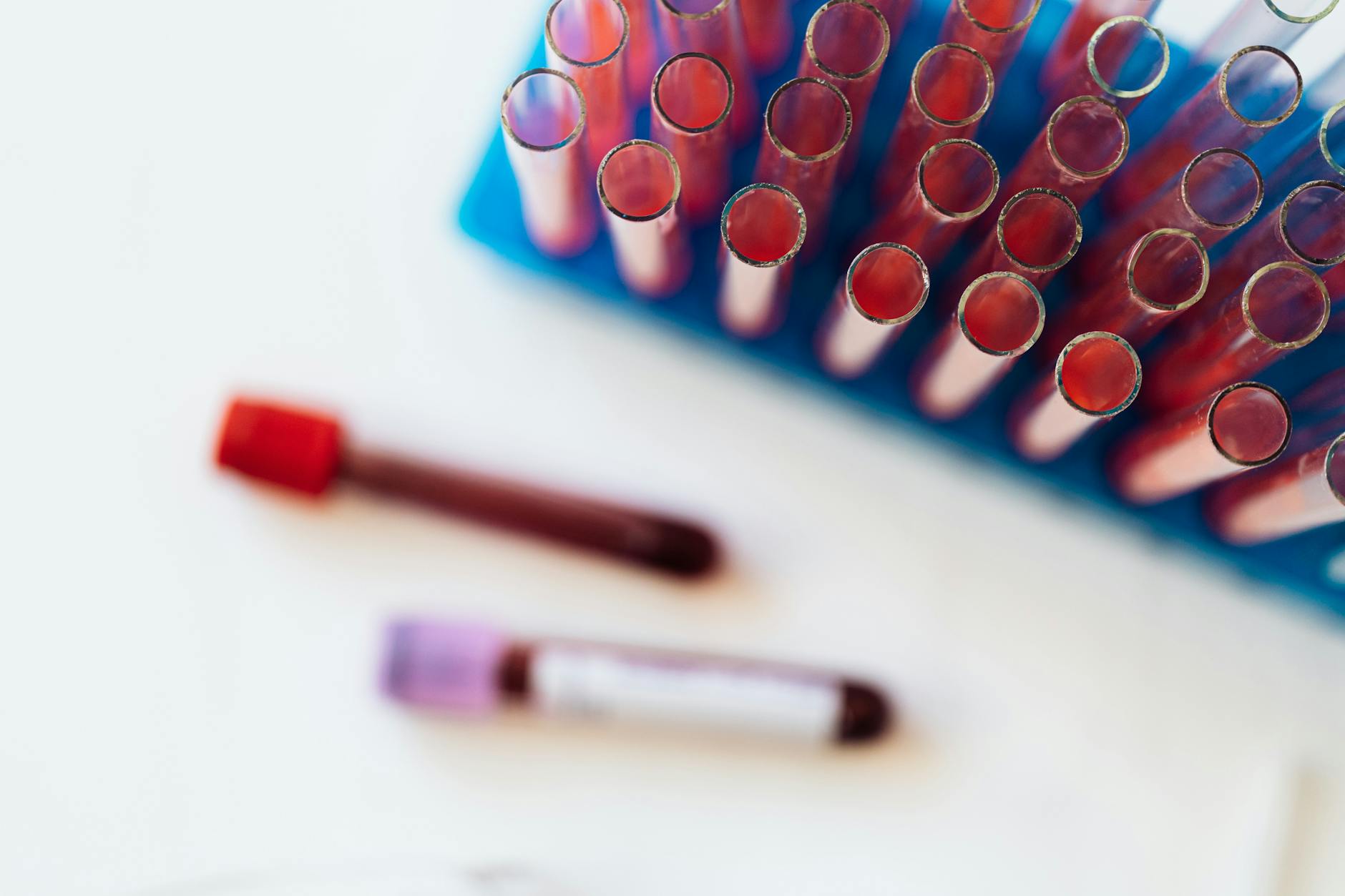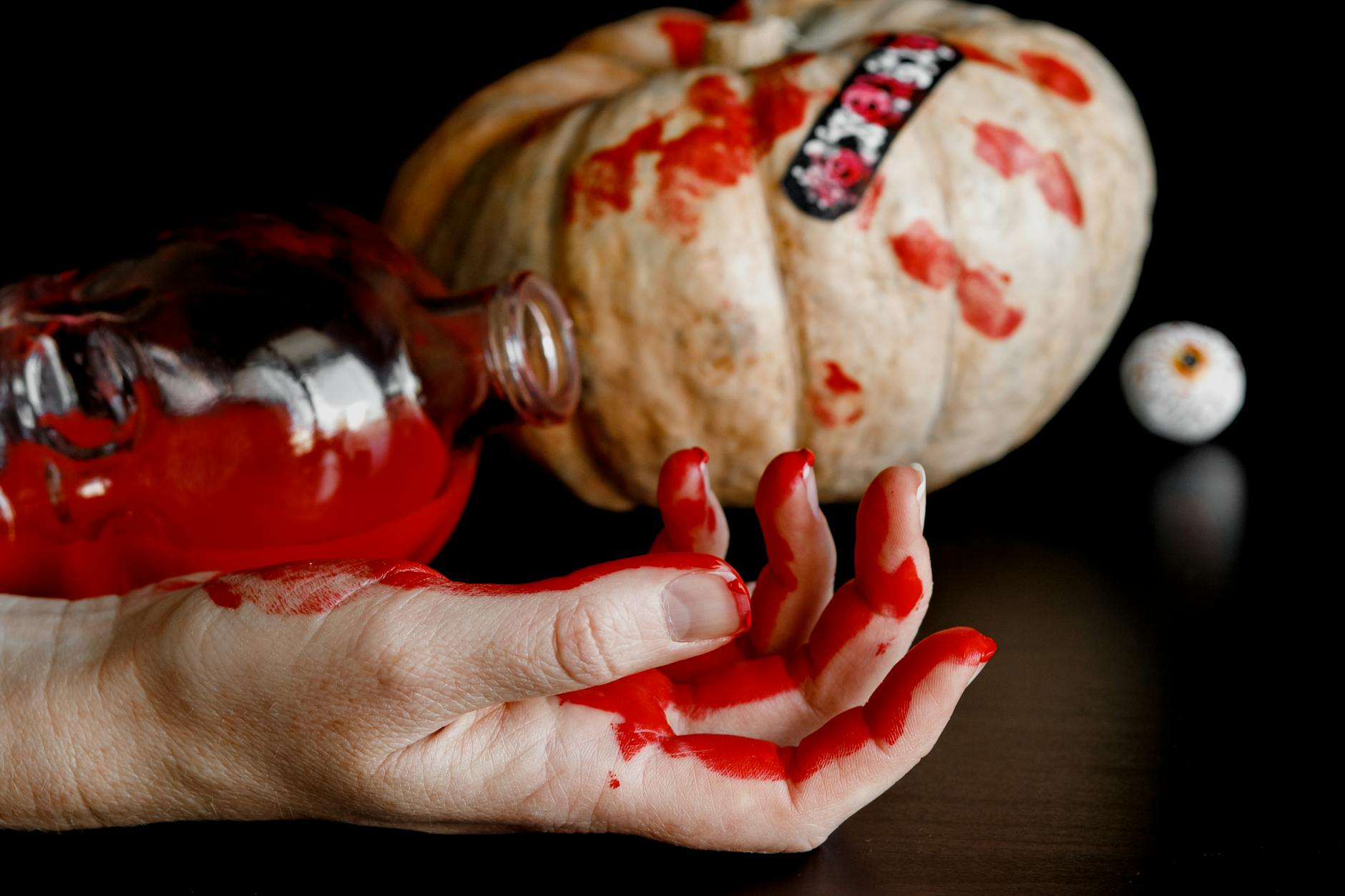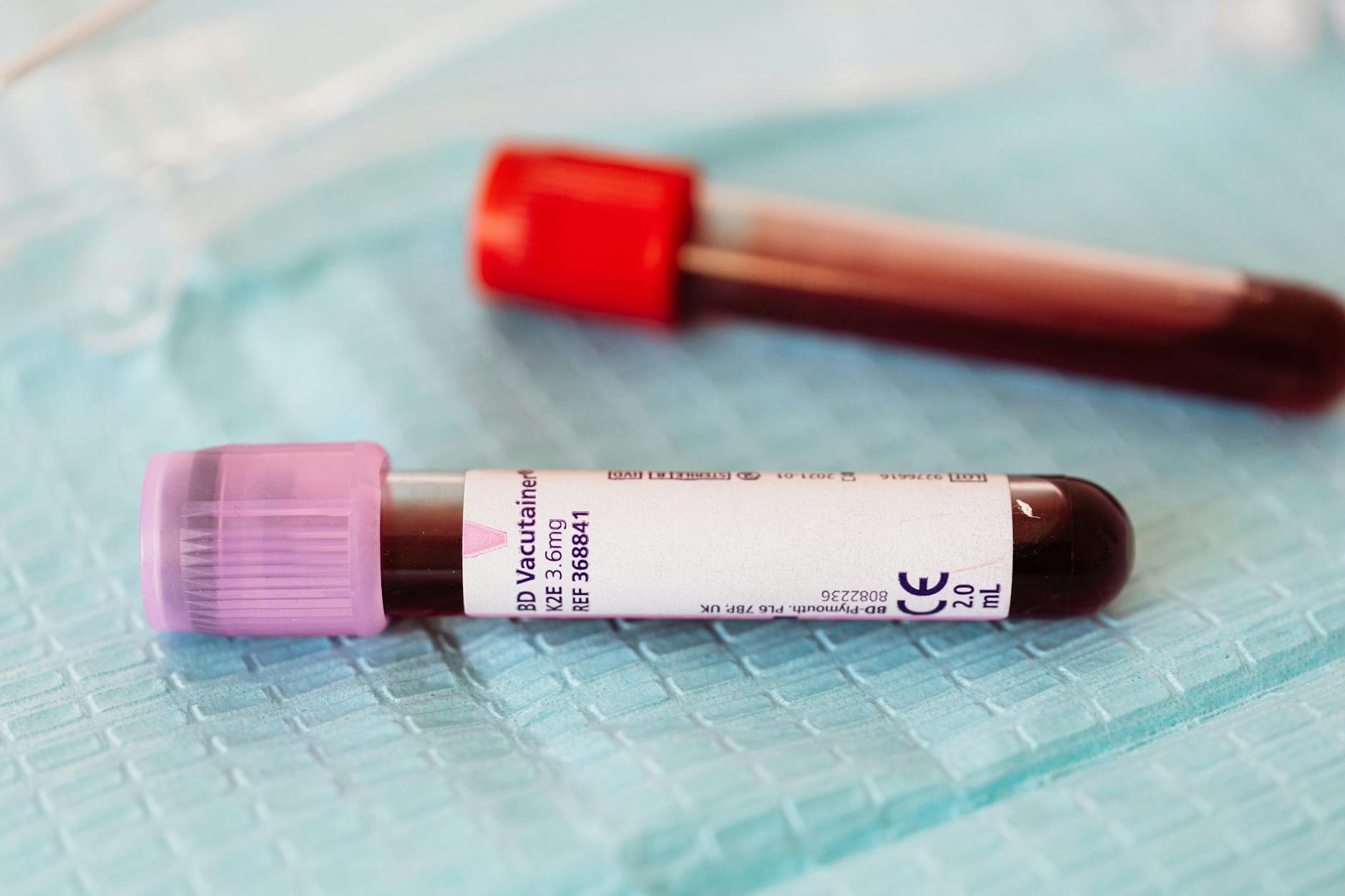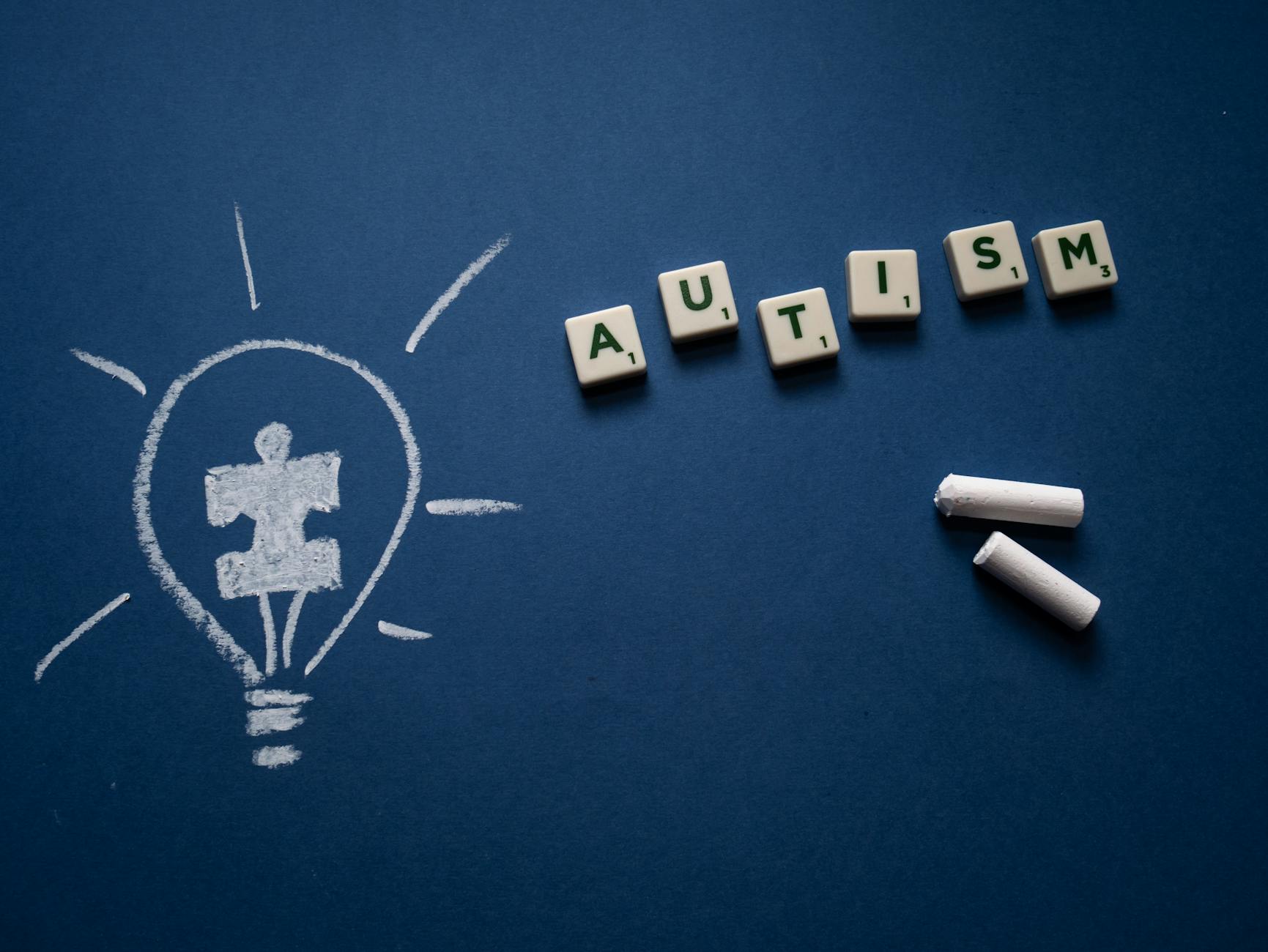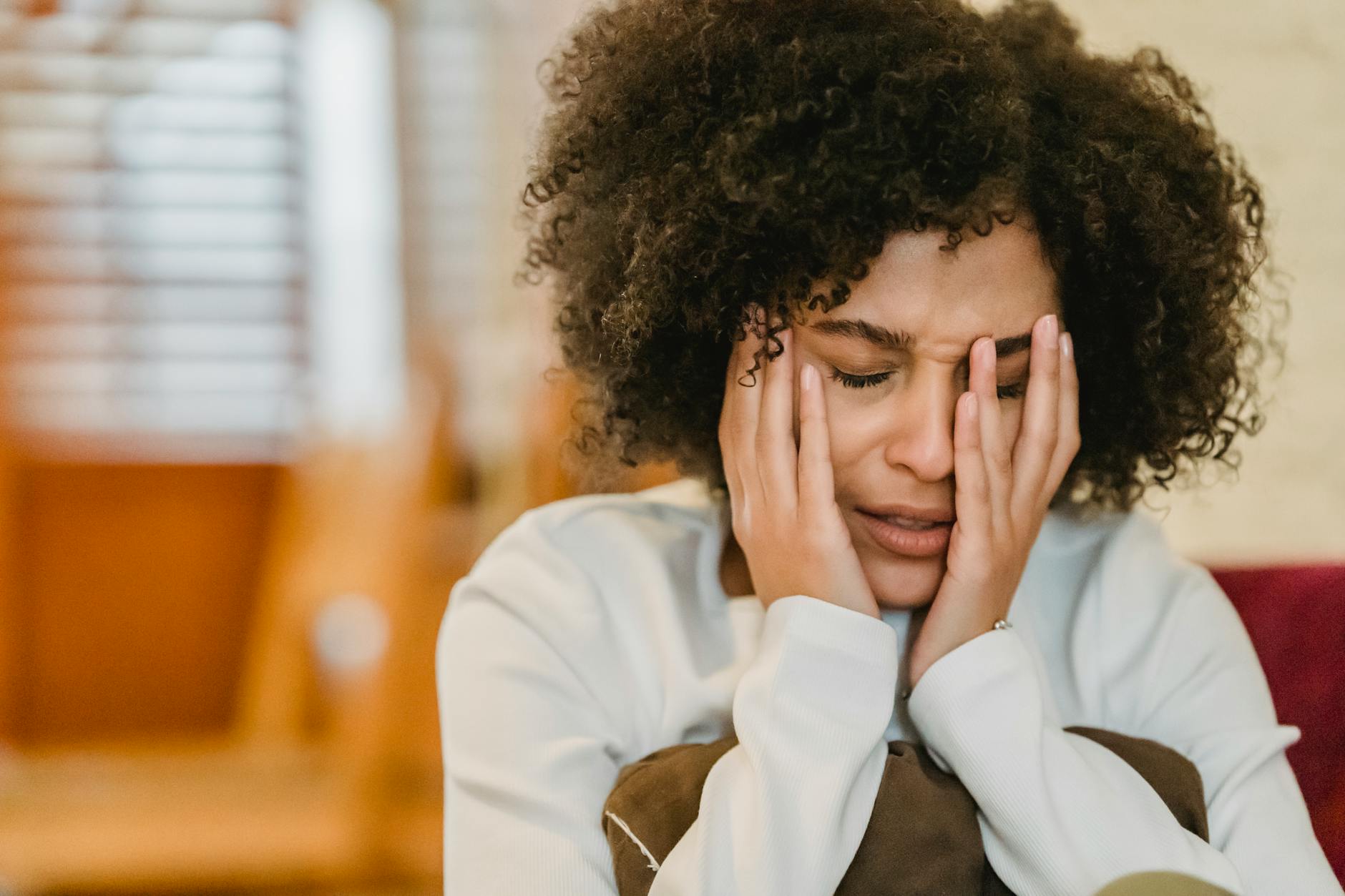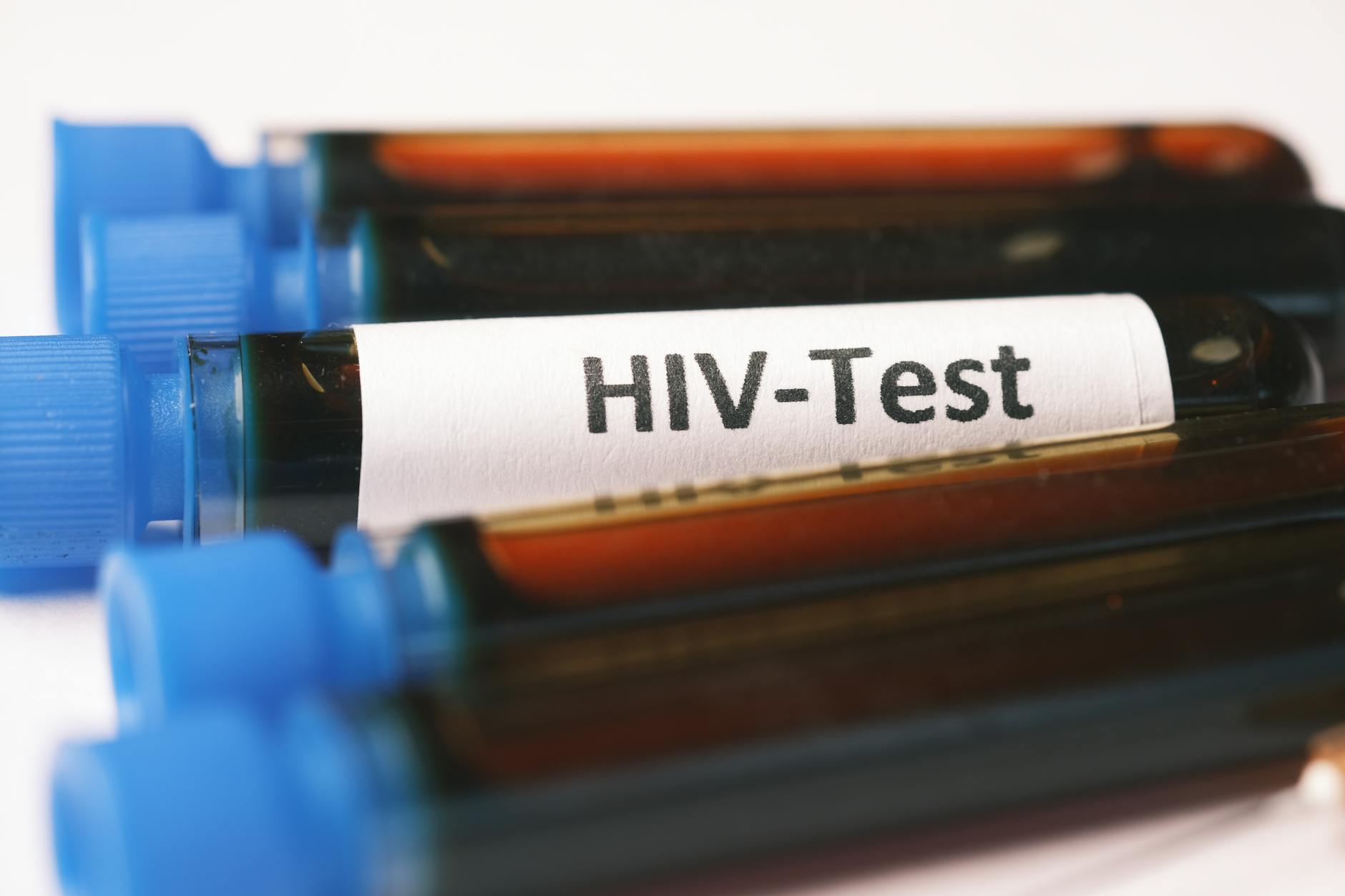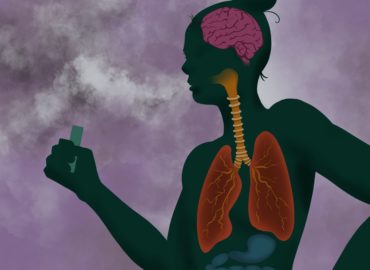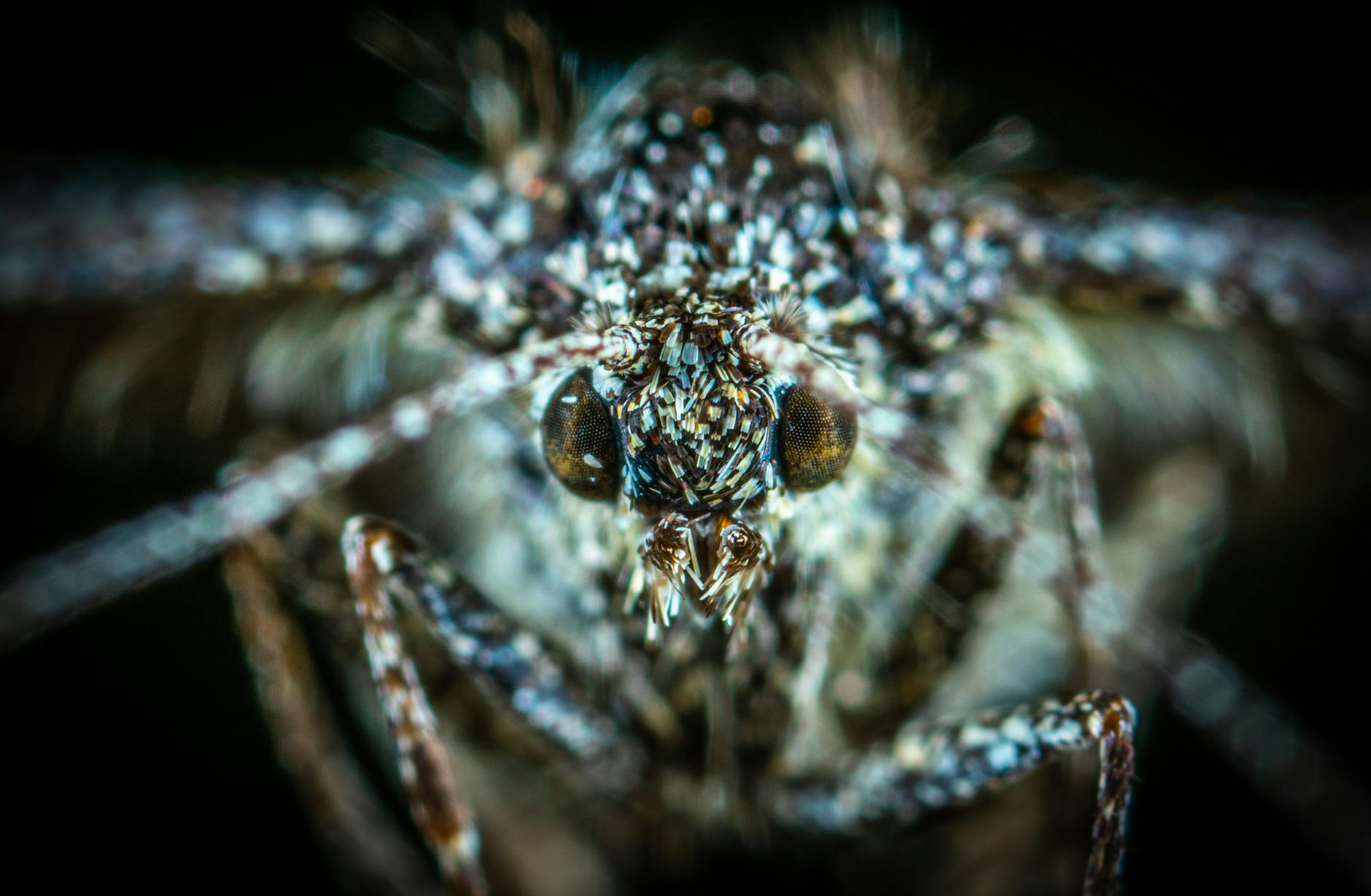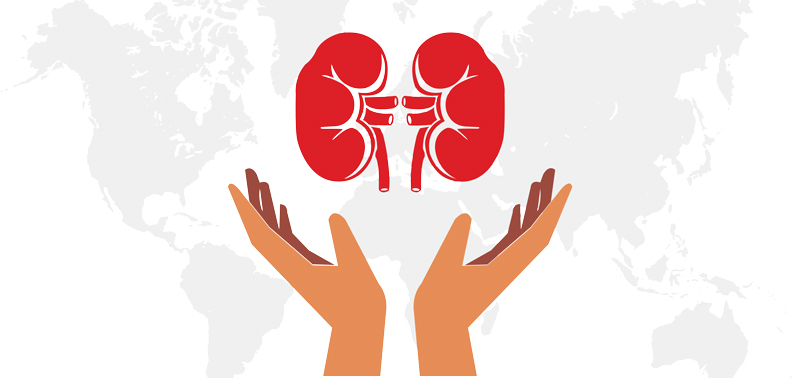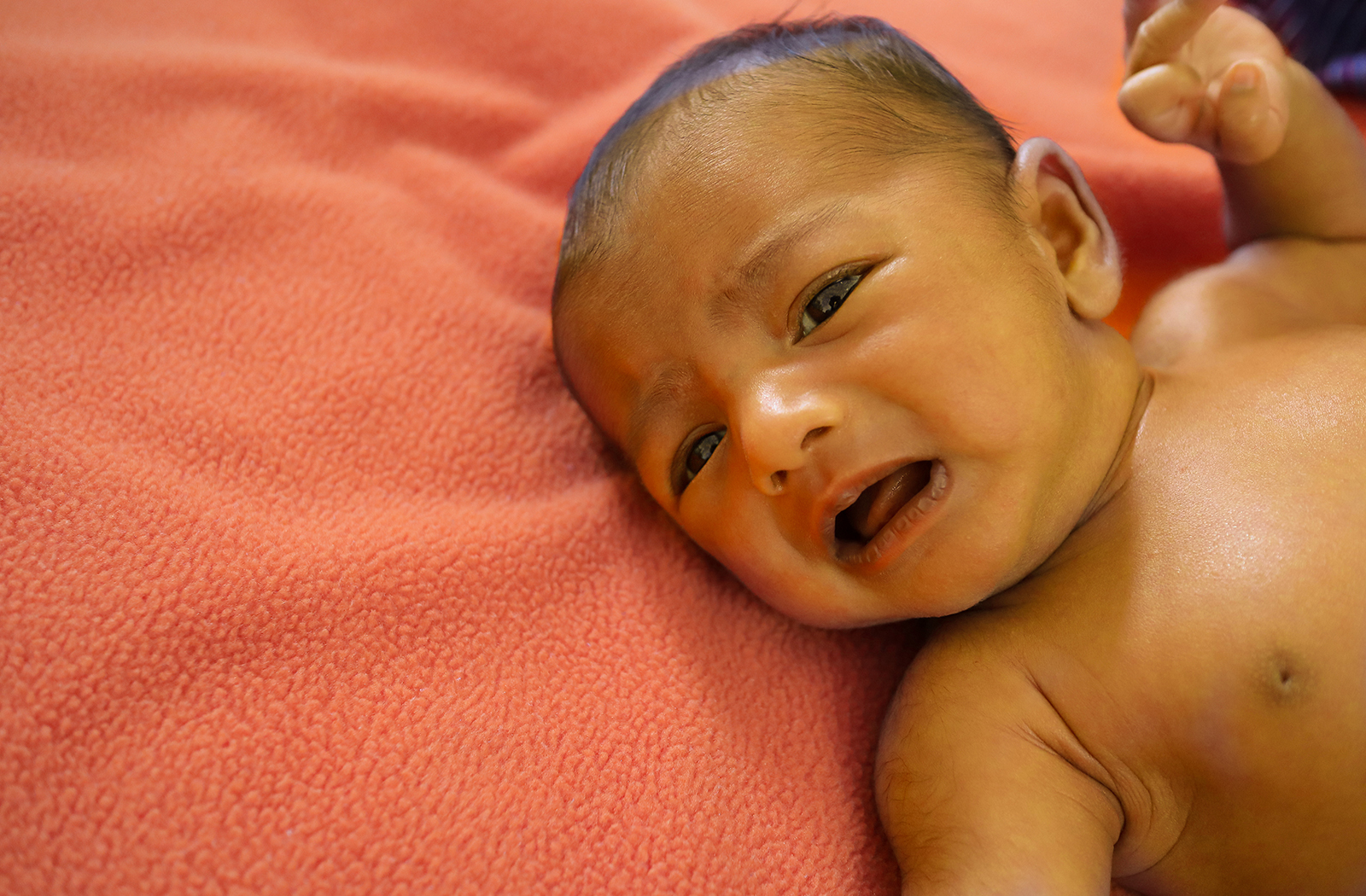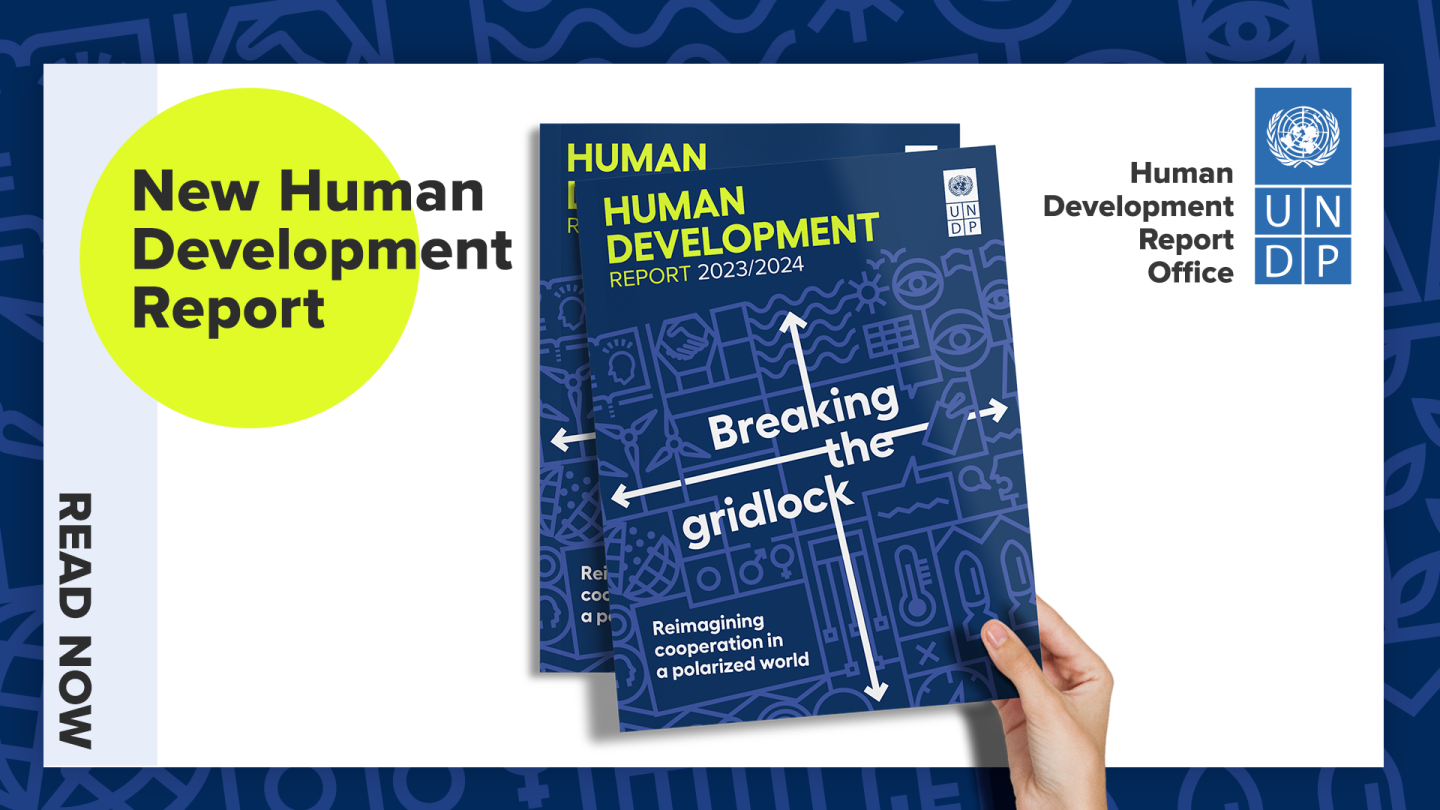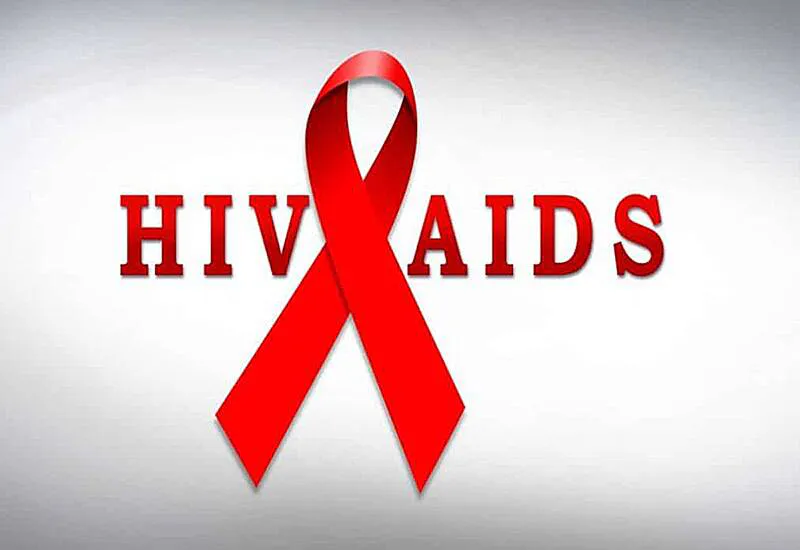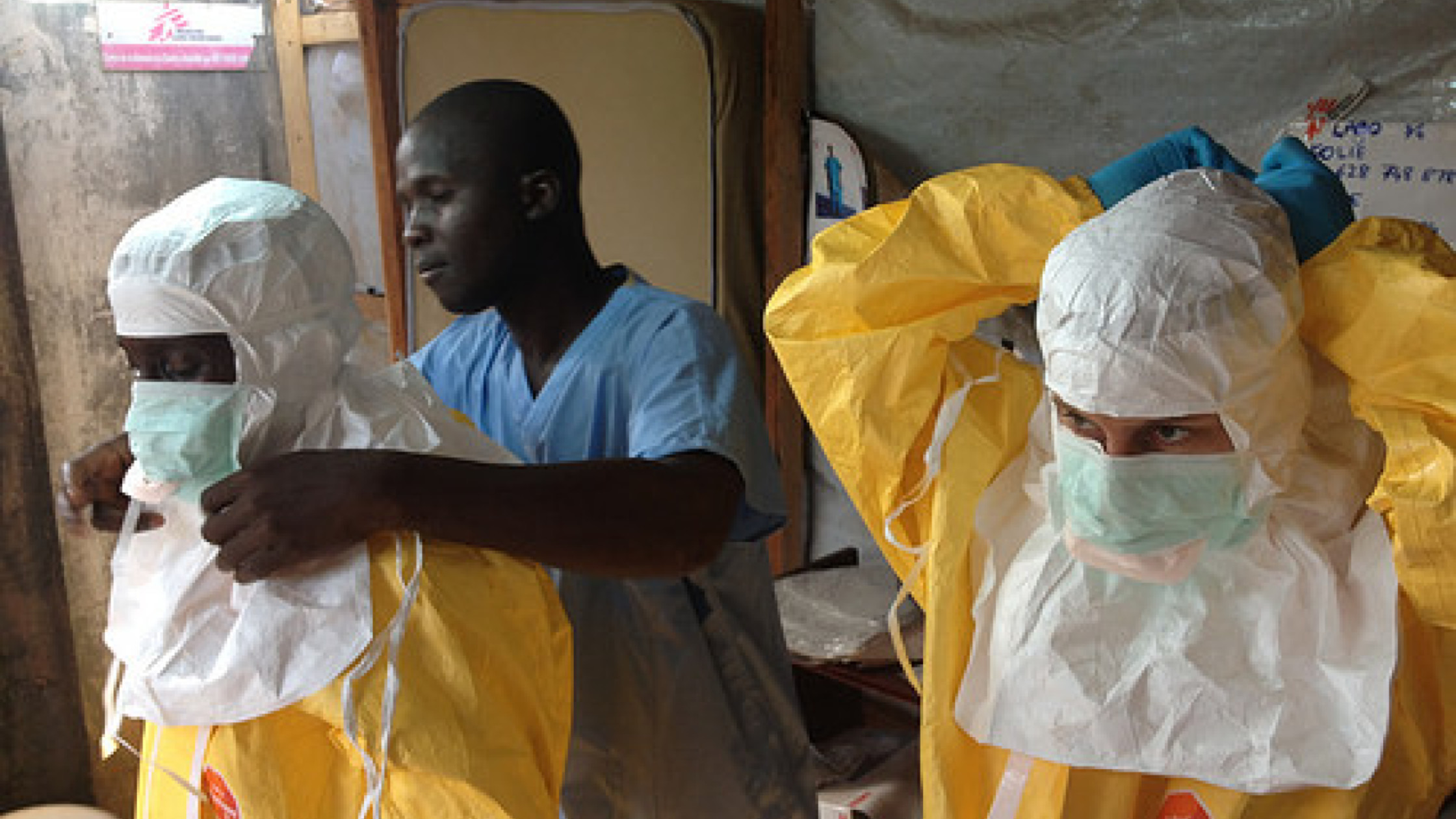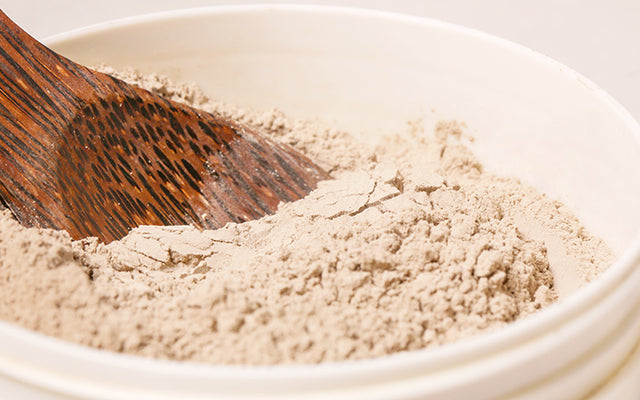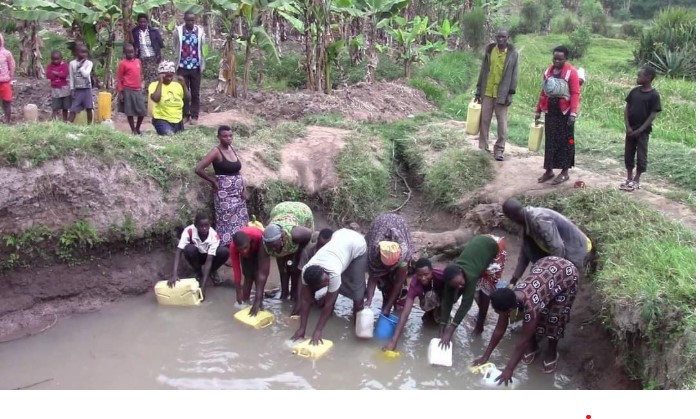
Diarrhoea remains one of the most common childhood illnesses worldwide and a leading cause of preventable deaths among children under five, especially in low- and middle-income countries. Although it is often mild and short-lived, diarrhoea can quickly become dangerous when it leads to dehydration. For parents, caregivers, and health workers, understanding its causes, symptoms, and proper management is essential to protecting children’s health.
What Is Diarrhoea?
Diarrhoea is defined as passing three or more loose or watery stools within 24 hours. It occurs when the intestines cannot absorb enough fluid, causing water and electrolytes to be lost through stool. Children are particularly vulnerable because their bodies lose water more quickly than adults.
Common Causes of Diarrhoea in Children
- Viral Infections
The most frequent cause is rotavirus, especially in children under two. Other viruses like norovirus and adenovirus can also trigger diarrhoea.
- Bacterial Infections
Bacteria such as:
- coli
- Salmonella
- Shigella
- Campylobacter
often enter the body through contaminated food, water, or poor hygiene.
- Parasitic Infections
Parasites such as Giardia lamblia and Entamoeba histolytica can cause prolonged diarrhoea.
- Food Poisoning
Eating contaminated or improperly stored food can trigger sudden episodes of diarrhoea.
- Food Allergies or Intolerance
Common examples include:
- Lactose intolerance
- Allergies to milk, eggs, peanuts, and wheat
These can irritate the digestive system.
- Medication Side Effects
Certain antibiotics and medications can disrupt the natural balance of bacteria in the gut, leading to diarrhoea.
- Poor Hygiene
Dirty hands, unclean feeding bottles, and poor sanitation increase exposure to disease-causing germs.
Symptoms of Diarrhoea in Children
Symptoms can vary from mild to severe. Common signs include:
- Frequent loose or watery stools
- Stomach cramps
- Nausea or vomiting
- Fever
- Loss of appetite
- Bloating
The most dangerous complication is dehydration, which can be life-threatening if not treated quickly.
Signs of Dehydration to Watch For
- Dry mouth or cracked lips
- Sunken eyes
- Little or no tears when crying
- Sunken fontanelle (soft spot on a baby’s head)
- Extreme thirst
- Irritability or unusual sleepiness
- Decreased urination or dark urine
If a child shows any of these signs, immediate medical attention is essential.
Types of Diarrhoea
- Acute Diarrhoea
Lasts a few days, usually caused by infections.
- Persistent Diarrhoea
Lasts more than two weeks and may indicate parasites or underlying digestive problems.
- Dysentery
Diarrhoea mixed with blood or mucus, often caused by bacterial infections like Shigella. Requires urgent care.
Treatment of Diarrhoea in Children
- Rehydration Is the Most Important Treatment
Children should be given Oral Rehydration Solution (ORS) to replace lost water and salts. ORS is recommended by WHO and UNICEF as the safest treatment.
How to give ORS:
- Give small sips frequently.
- Continue even if the child is vomiting, wait 5–10 minutes and continue slowly.
- Breastfeeding should continue.
- Zinc Supplements
WHO recommends giving zinc for 10–14 days because it:
- Reduces the duration of diarrhoea
- Strengthens the immune system
- Lowers the chance of future episodes
- Continue Feeding
Do not starve the child. Offer:
- Breast milk
- Rice porridge
- Bananas
- Mashed yam
- Light soups
- Rehydrating fruits
Avoid sugary drinks and very oily foods.
- Antibiotics, Only When Necessary
Antibiotics should not be given for viral diarrhoea. They are only used when:
- A bacterial infection is confirmed
- There is blood in stool
- A doctor prescribes them
- Probiotics
These may help restore healthy bacteria in the gut, especially after antibiotic use.
When to Take a Child to the Hospital Immediately
Seek urgent medical attention if the child:
- Shows any signs of dehydration
- Has blood or mucus in stool
- Has diarrhoea for more than two days
- Vomits everything taken in
- Has a fever above 38.5°C
- Becomes unusually sleepy or difficult to wake
- Is under six months old
- Has repeated diarrhoea episodes
Prevention of Diarrhoea in Children
- Good Hand Hygiene
Teach children to wash hands:
- After using the toilet
- Before eating
- After playing
- After touching pets
- Safe Drinking Water
Use:
- Boiled water
- Treated water
- Water from safe sources
Avoid giving untreated water from rivers, wells, or tanks.
- Clean Feeding Practices
- Sterilize baby bottles
- Store food safely
- Reheat leftovers properly
- Avoid street foods for young children
- Exclusive Breastfeeding for the First Six Months
Breast milk protects babies from infections and strengthens immunity.
- Proper Sanitation
Use clean toilets, and keep the environment free of open defecation.
- Vaccination
The rotavirus vaccine significantly reduces severe diarrhoea in children.
- Avoiding Contaminated Foods
Ensure fruits, vegetables, and meats are thoroughly washed and well-cooked.
Possible Complications of Untreated Diarrhoea
- Severe dehydration
- Malnutrition
- Electrolyte imbalance
- Kidney failure (in severe cases)
- Death
Prompt treatment can prevent all these complications.
Key Points for Parents and Caregivers
- Diarrhoea is common but can be deadly if dehydration sets in.
- ORS + zinc is the fastest and most effective treatment.
- Keep feeding the child, do not withhold food.
- Monitor for danger signs and seek medical help when needed.
- Prevention through hygiene, safe water, and vaccination is
Discover more from Hot Stories Ghana
Subscribe to get the latest posts sent to your email.

